Mood disorders are complex psychological disorders in which individuals exhibit uncharacteristic alterations in mood. The symptoms and severity of mood disorders vary from person to person, and they can affect individuals’ daily lives and inhibit their ability to carry out routine tasks.
Symptoms are manifested physiologically and cognitively, and they include racing thoughts, difficulty concentrating, difficulty sleeping and/or needing to sleep less, emotional sensitivity, and changes in appetite amongst others. When people exhibit a combination of symptoms, it can incite a mood episode; which is an unusually intense emotional state that occurs for a distinct period of time.
Each mood episode represents a drastic change from a person’s usual mood or behavior, and the cultivation of these episodes is what typifies a mood disorder. Mood disorders, specifically depression and bipolar disorders, are fairly common and fortunately, they are treatable.
Treatment options include medication, psychotherapy, or a combination of medication and psychotherapy. Because mood disorders, their symptoms, and the severity of symptoms are unique to each individual, treatment is highly personalized and handled on a case-by-case basis. The goal of personalized treatment is to provide individuals with the support and cognitive frameworks necessary to control their mood episodes.
Classifying and accurately identifying mood disorders is difficult because they have many neurobiological, behavioral, and psychological etiological pathways unique to each individual. Individuals’ varying pathways result in the development of different symptoms. Symptoms are manifested physiologically and cognitively, and they include:
Mood disorders are distinguished by the extent and severity of a person’s symptoms, and diagnoses are defined by the patterns of an individual’s mood disturbances observed through time.
These periods of disturbed mood are referred to as mood episodes, and they are the product of individuals’ physical and cognitive symptoms interacting or interfering with their daily lives. Episodes can last anywhere from a couple of weeks to several months. People that have mood disorders will have likely experienced multiple mood episodes in the past.
There are different types of episodes, and clinicians match the type of mood episodes with their frequency to identify an individual’s disorder. There are manic or hypomanic episodes, depressive episodes, and mixed episodes. In a manic or hypomanic episode, individuals may experience an increase in self-esteem, a decreased need for sleep, be more talkative than usual, increase their goal-oriented activity, and impulsively engage in risky behaviors they deem pleasurable.
In a depressive episode, individuals may have: a prolonged depressed mood decreased interest and pleasure in most activities, substantial weight losses/gains, insomnia/hypersomnia, psychomotor complications, persistent fatigue, feelings of excessive guilt or worthlessness, indecisiveness, difficulty concentrating, and suicidal ideation. If you are experiencing suicidal thoughts, we urge you to contact emergency services immediately.
Finally, in a mixed episode, individuals experience symptoms of manic and depressive episodes simultaneously, or in rapid succession of each other.
Depressive disorders are the most prominent type of mood disorder, and patients can achieve full remission from their symptoms with proper therapy. Major Depressive Disorder is characterized by one or more major depressive episodes.
A major depressive episode (MDE) occurs when an individual experiences a depressed mood or lost interest accompanied by at least four other symptoms of depression for at least two weeks. Dysthymic disorder occurs when individuals experience two or more years of depressed mood for most days during that period, in addition to other symptoms that do not meet the criteria of a major depressive episode.
Bipolar disorders are marginally less common than depressive disorders. While bipolar disorders are technically incurable, treatment will help those with bipolar disorder to control their symptoms.
Bipolar I Disorder occurs when individuals endure one or more manic or mixed episodes, which are usually accompanied by major depressive episodes. Bipolar II Disorder is typified by one or more major depressive episodes followed by at least one hypomanic or manic episode. Cyclothymic disorder occurs when people exhibit symptoms of hypomania and depression for two or more years.
Medically and substance-induced mood disorders are also fairly common. Medically induced mood disorders present a prominent and persistent disturbance in mood as the direct result of a medical condition. The severity and length of the condition are relative to the medical condition of an individual.
Substance-induced mood disorders induce a prominent and persistent mood disturbance as a direct consequence of drug abuse, medication, toxin exposure, or any other somatic treatment for depression. Substance-induced mood disorders are typically impermanent but are relative to how long an individual is exposed to the substance responsible for creating the disorder.
Our mood disorders treatment is rooted in evidence-based therapies that have shown effectiveness in managing and alleviating symptoms. We offer a range of therapeutic approaches, including cognitive-behavioral therapy (CBT), dialectical behavior therapy (DBT), mindfulness-based techniques, and more. These therapies aim to equip individuals with practical tools to identify negative thought patterns, regulate emotions, and develop healthier coping strategies.
Living with a mood disorder can be isolating, but you don't have to navigate it alone. Our treatment for mood disorders provides a supportive and understanding environment where individuals can connect with others who share similar experiences. Group therapy sessions offer a space for sharing, learning, and building a sense of community, fostering a sense of belonging and reducing feelings of isolation.
Medication is prescribed as a supplement to psychotherapy to help combat the physiological symptoms of mood disorders. It is important that individuals on prescription drugs take them as prescribed, and conduct medication management reviews with their respective clinicians. If any prescription drug is taken abusively, it can worsen an individual’s condition, and hamper their ability to recover from their condition.
Our experienced psychiatrists at Clarity Clinic are skilled in medication management, carefully evaluating the need for pharmacological intervention and tailoring medication plans to suit each individual's specific needs. Medication, when combined with therapy, can help restore the brain's chemical balance and improve overall emotional well-being.
The most commonly prescribed medications for mood disorders include:
The best thing that you can do for a loved one with a mood disorder is to encourage them to remain in treatment. Treatment is their only option for sustaining long-term control of their symptoms because the likelihood of relapsing symptoms is extremely high. The following options provide a sturdy framework on which you can base your support:
If you or a loved one is struggling with a mood disorder, seeking help is a sign of strength. Clarity Clinic, the best mental health clinic in Chicago, is here to provide comprehensive and compassionate support on your journey to emotional wellness. Apart from providing leading treatment for mood disorders in adults, we also provide treatment for disruptive mood dysregulation disorder in children.
Contact us today to schedule an appointment and take the first step towards empowering yourself or your loved one to overcome the challenges of a mood disorder.

















































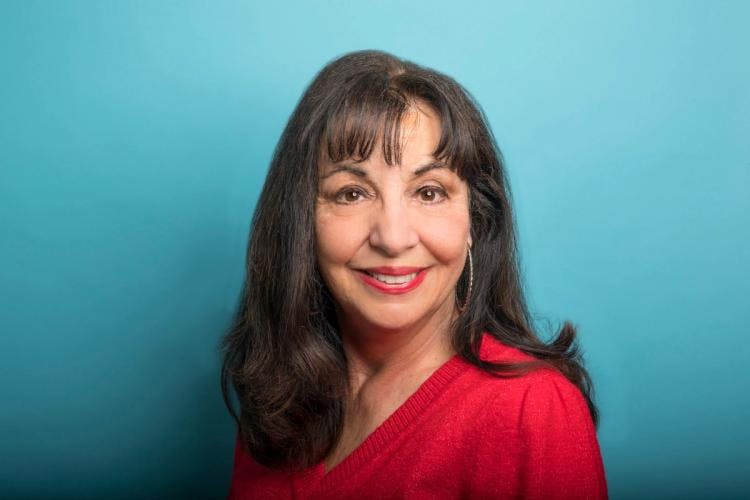






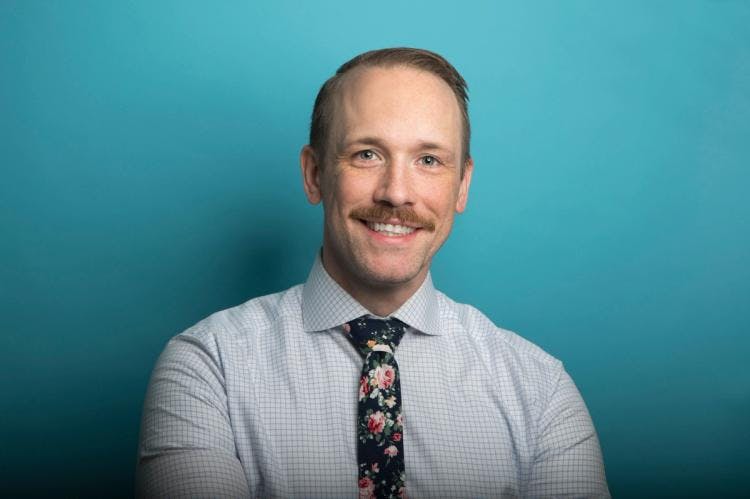
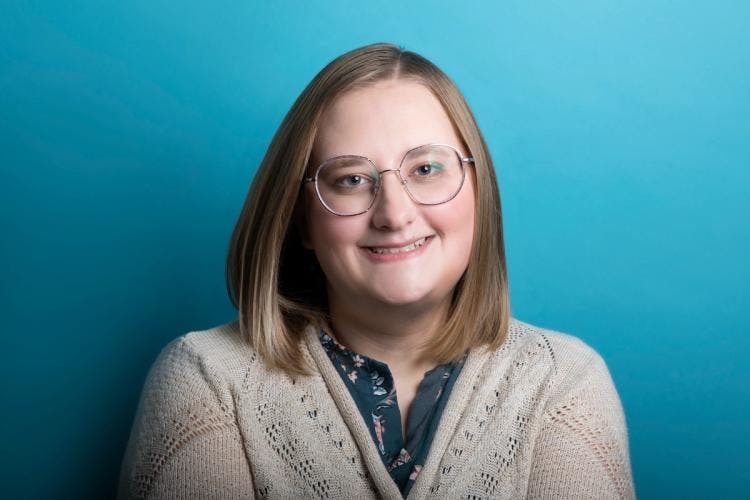
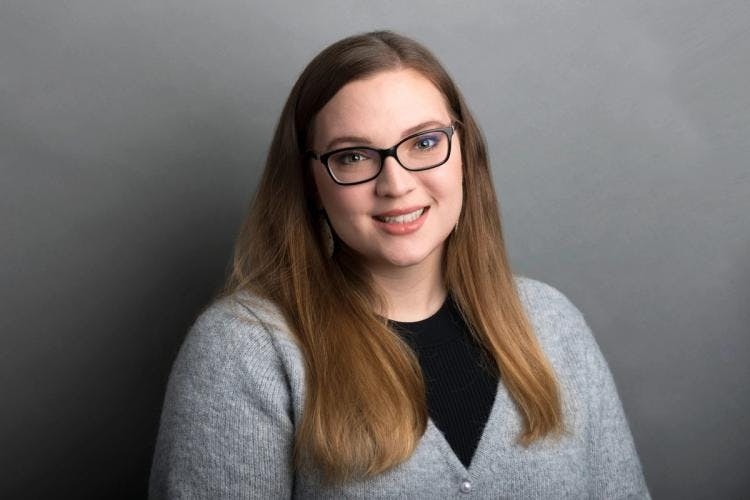
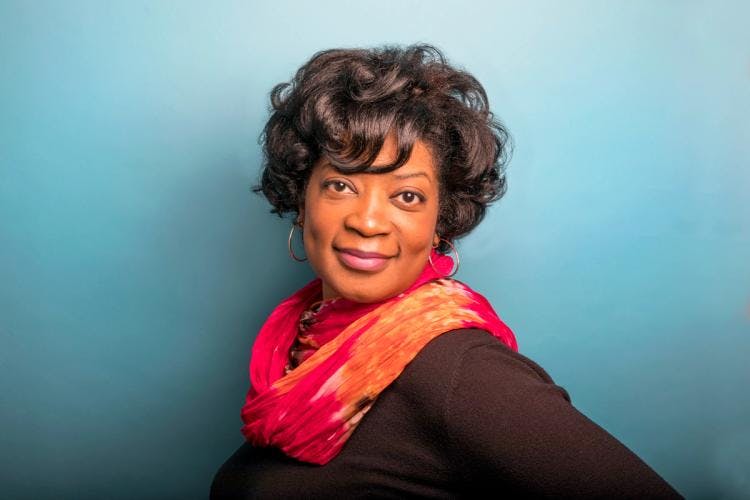
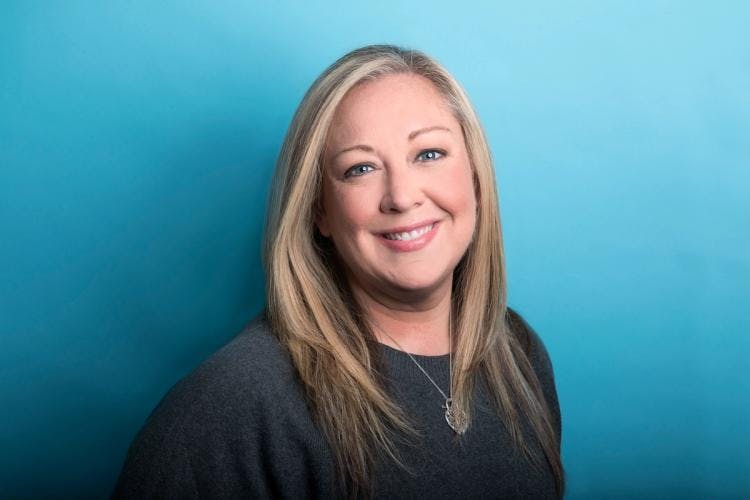
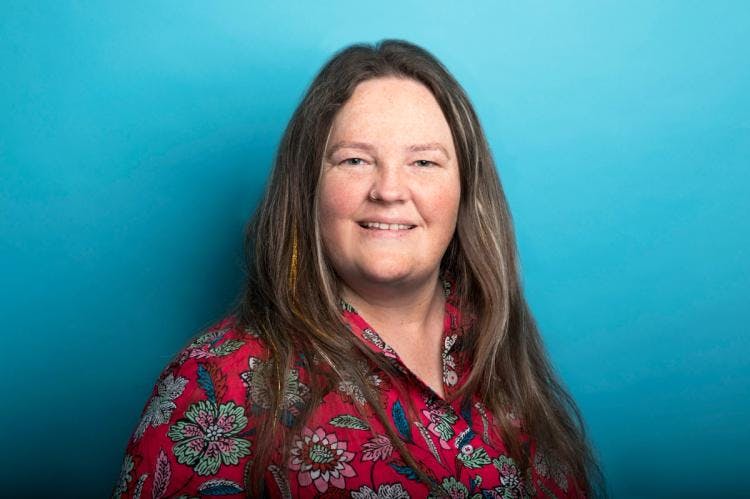

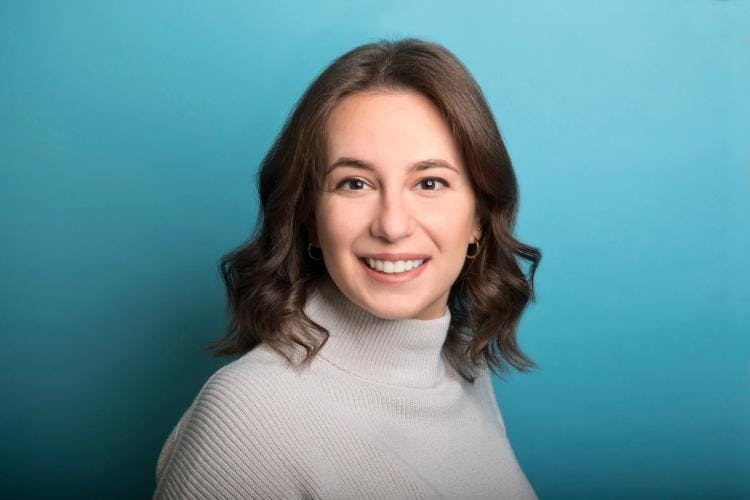

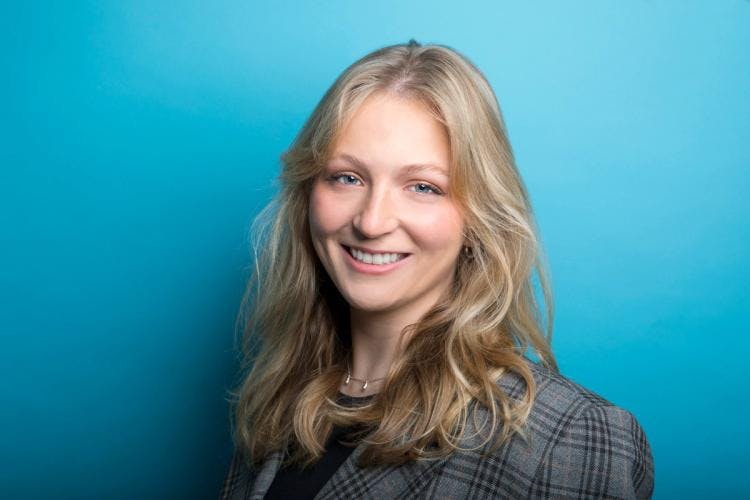



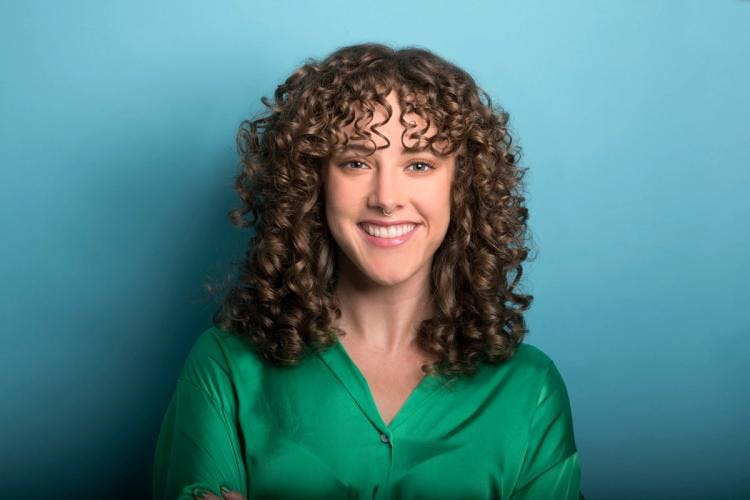
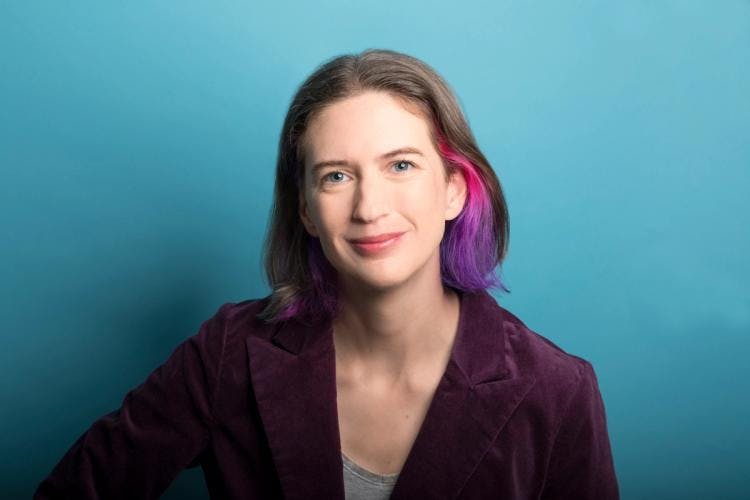
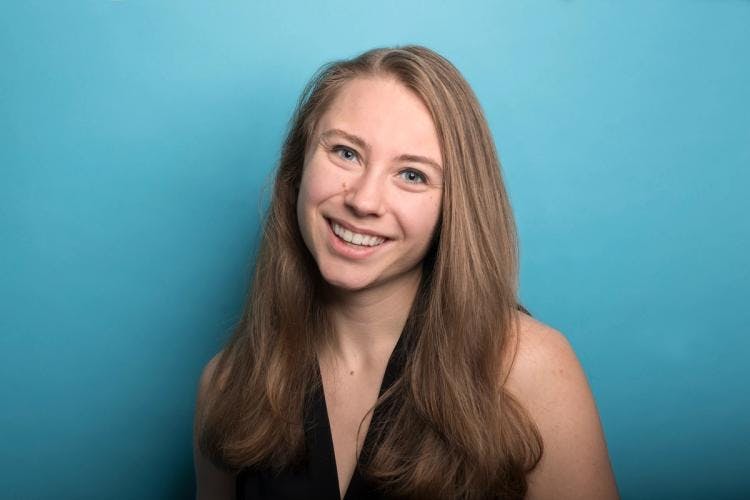
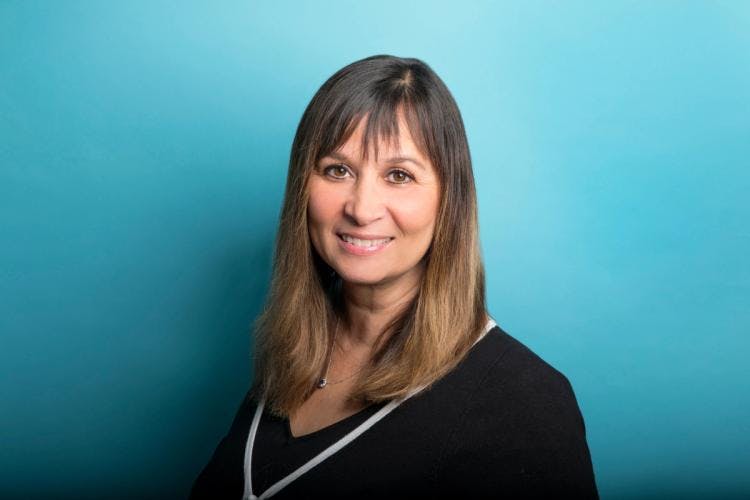
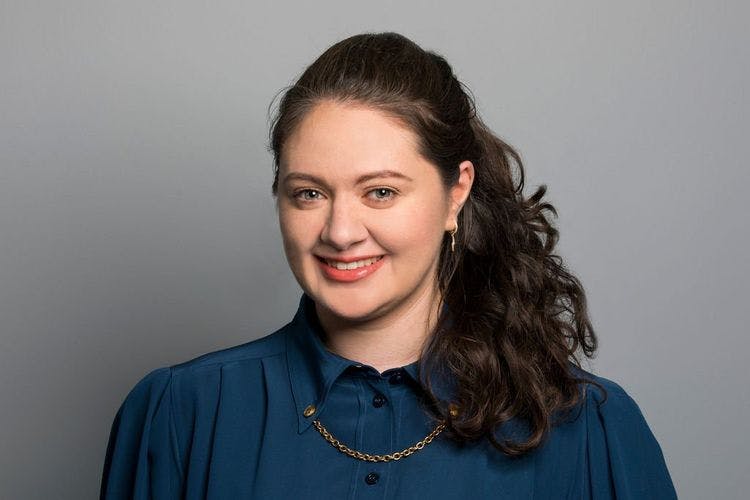
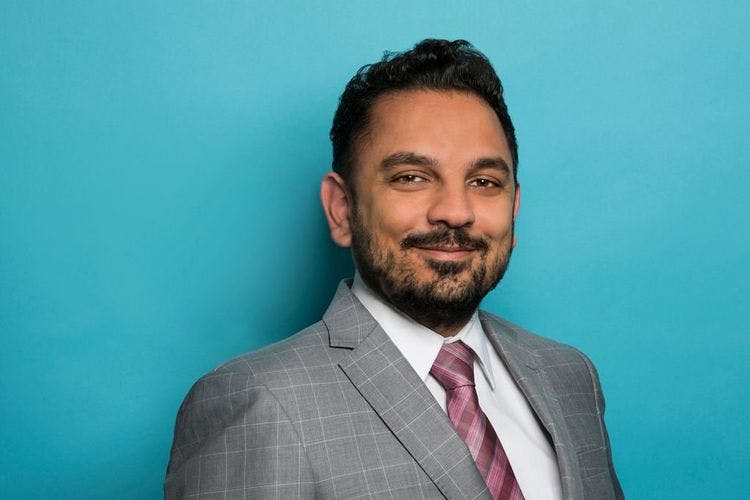
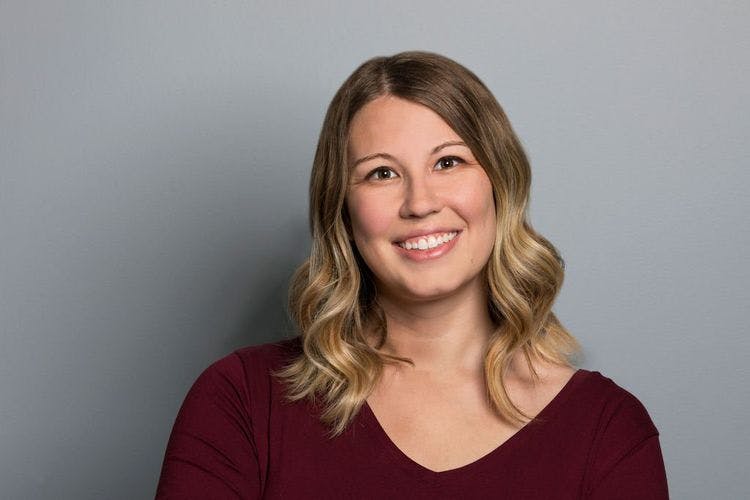
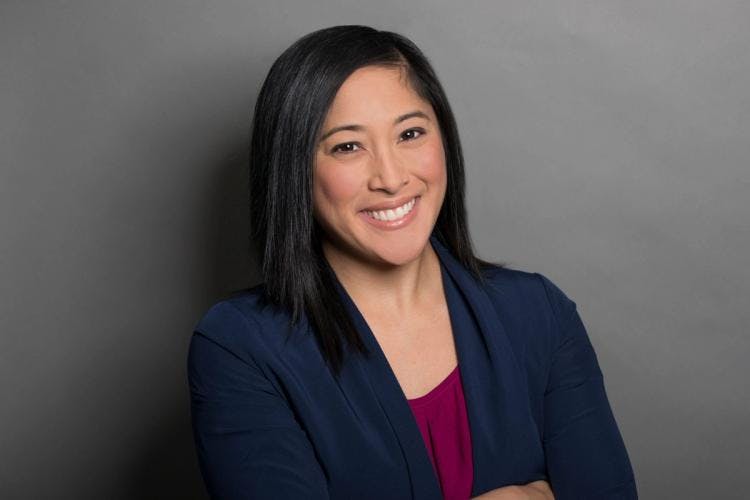

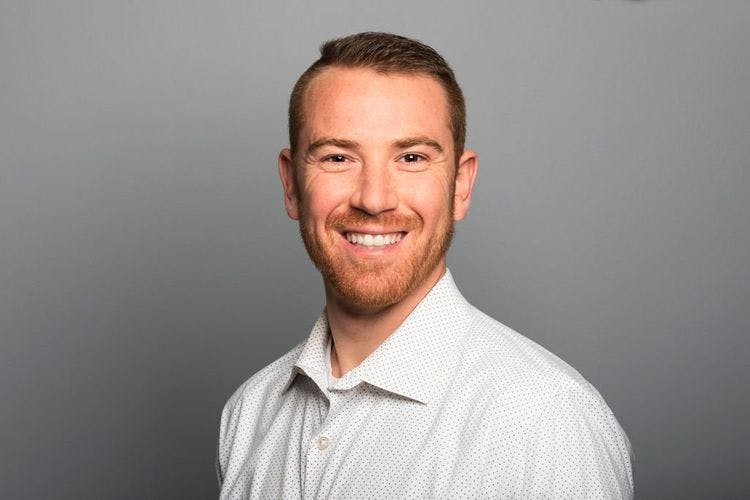

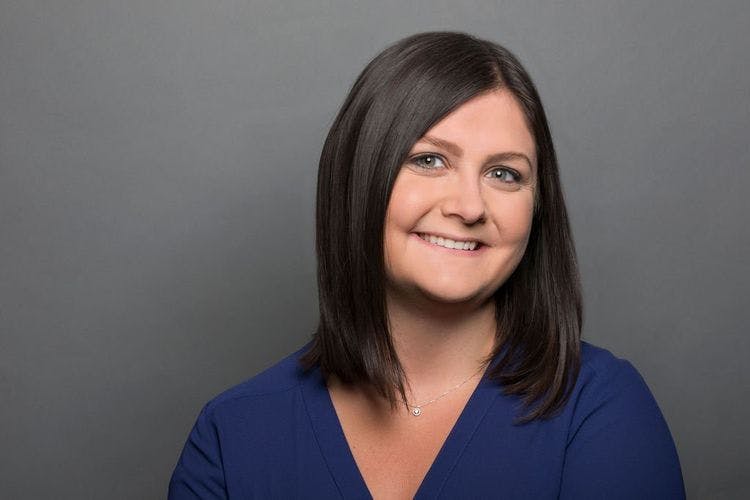
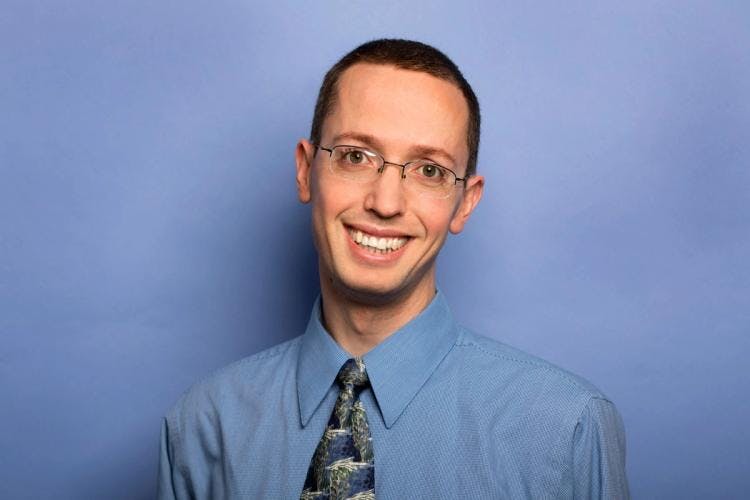
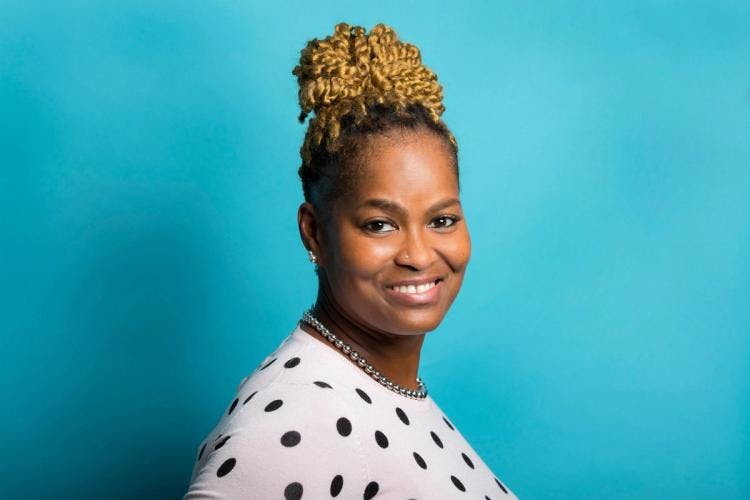
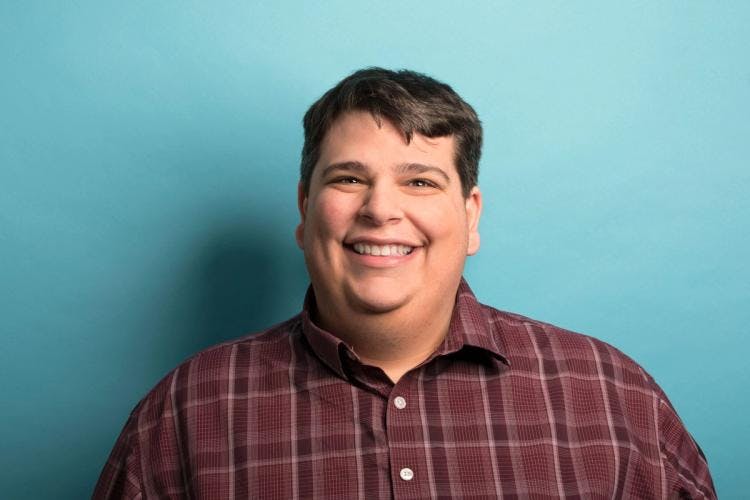

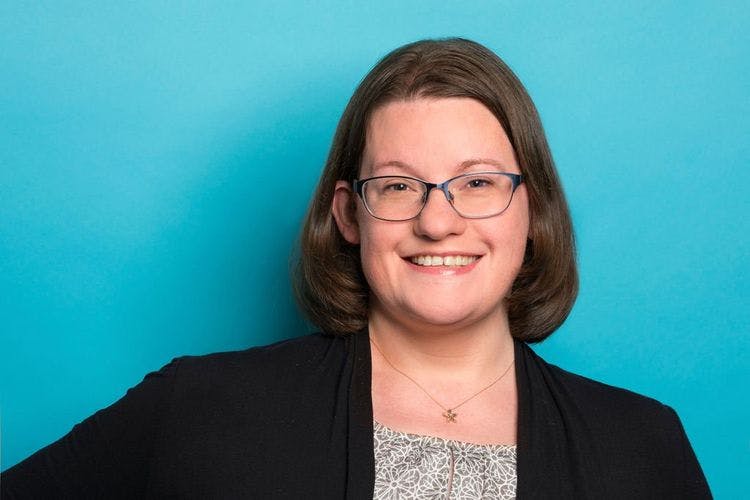
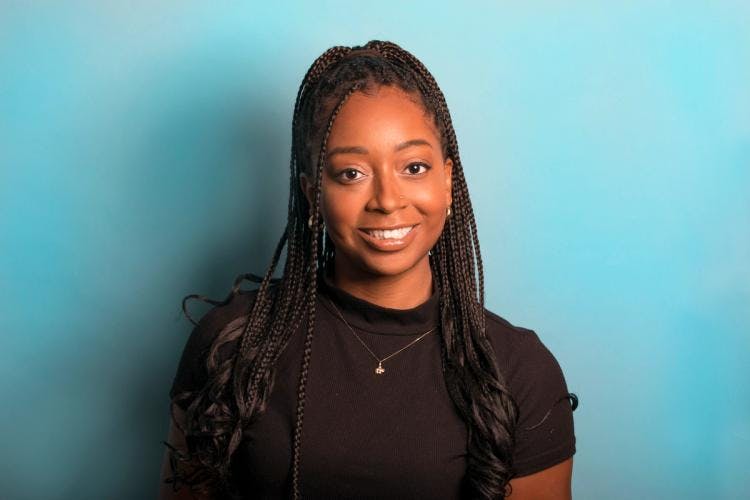
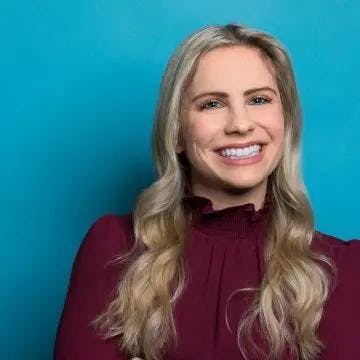

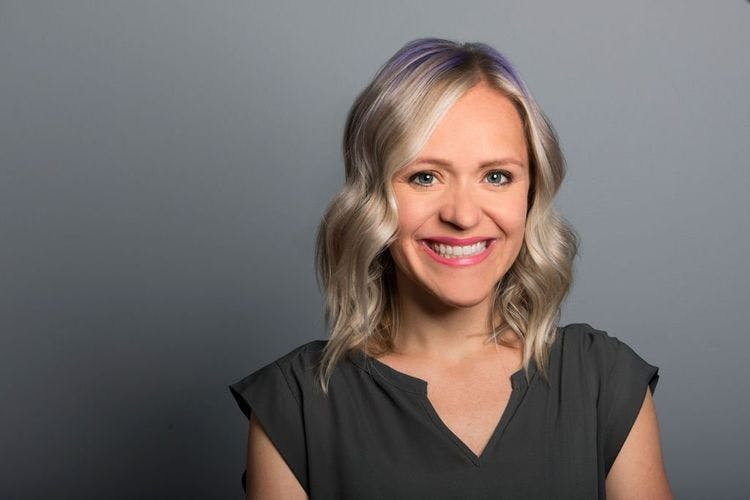
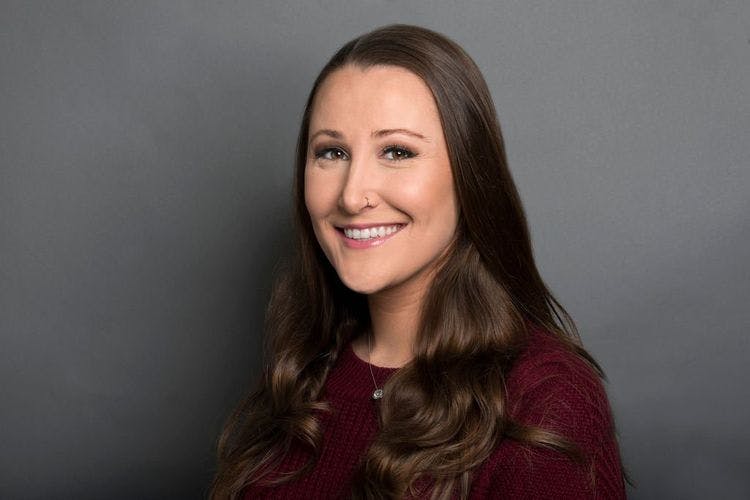
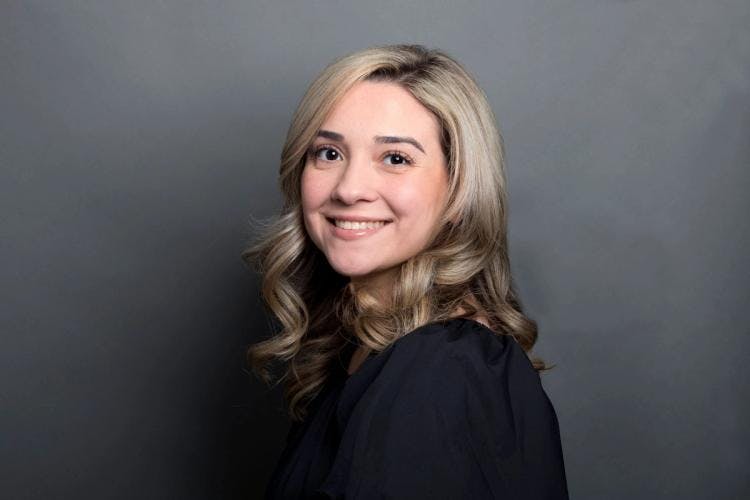
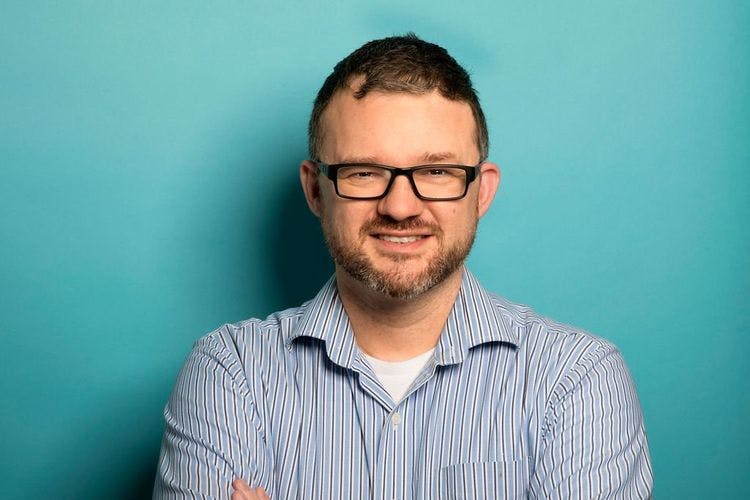
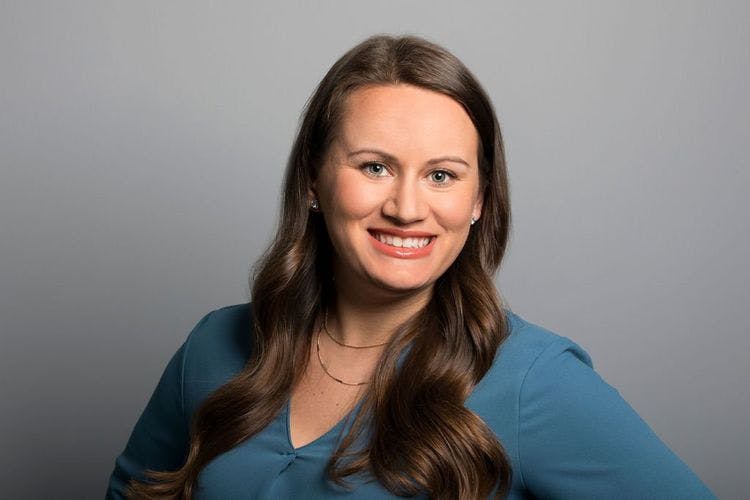
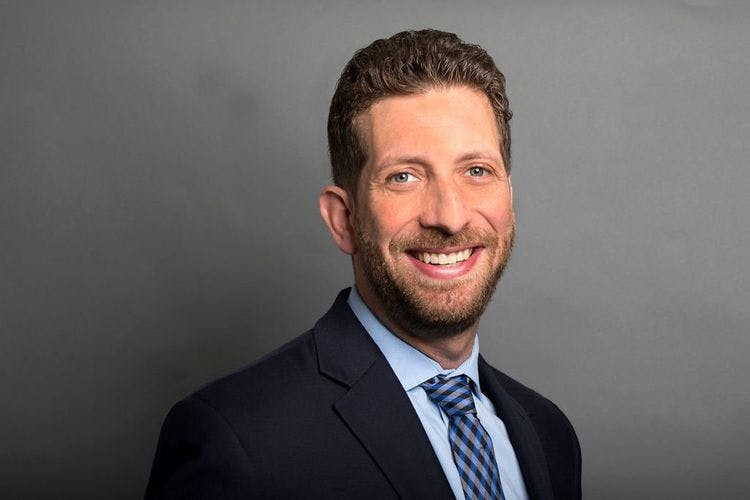
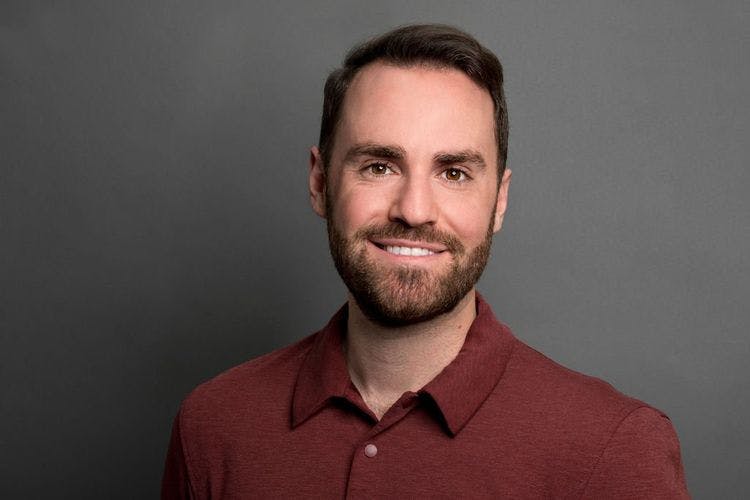
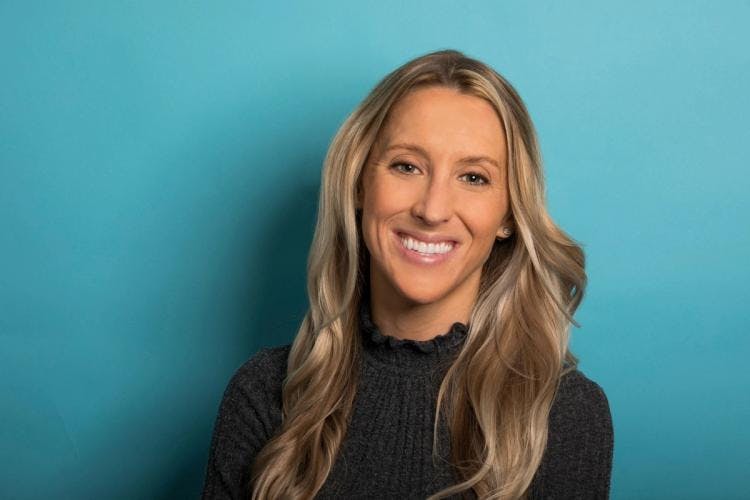
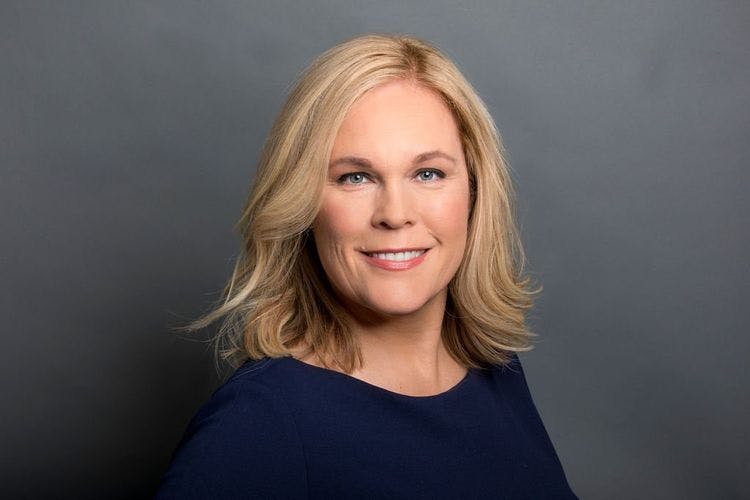
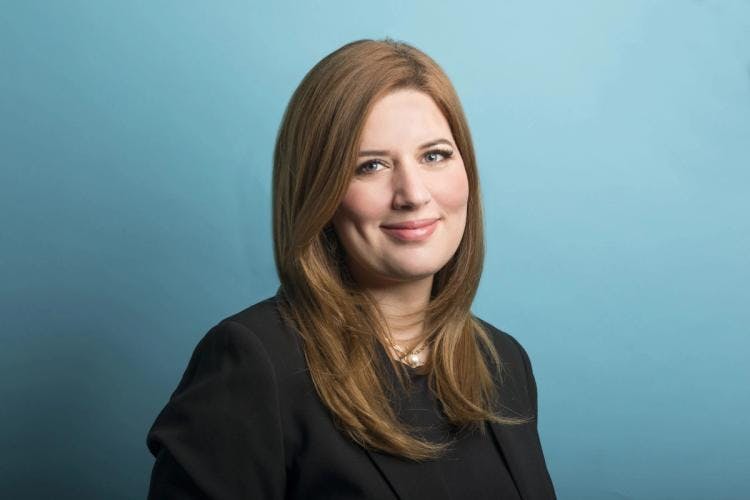
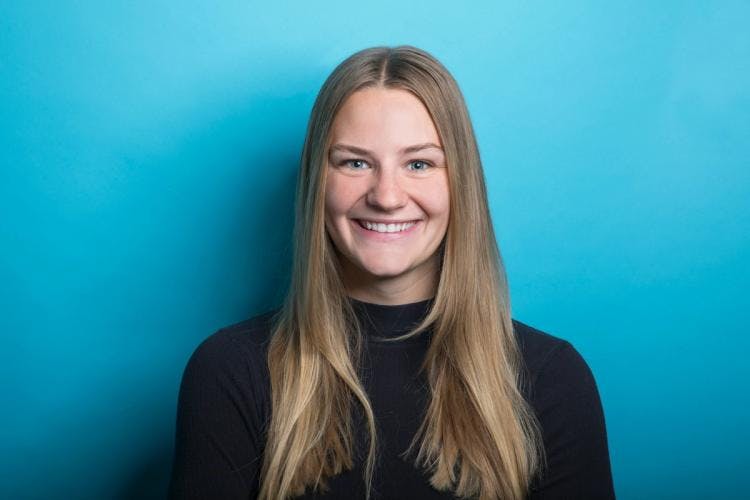


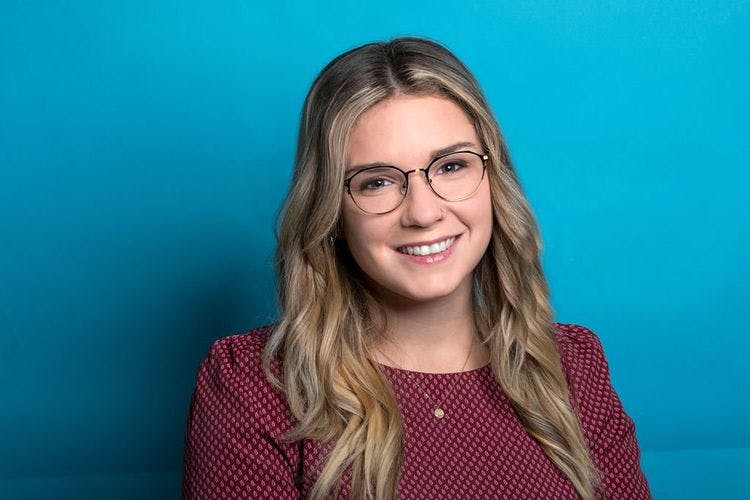
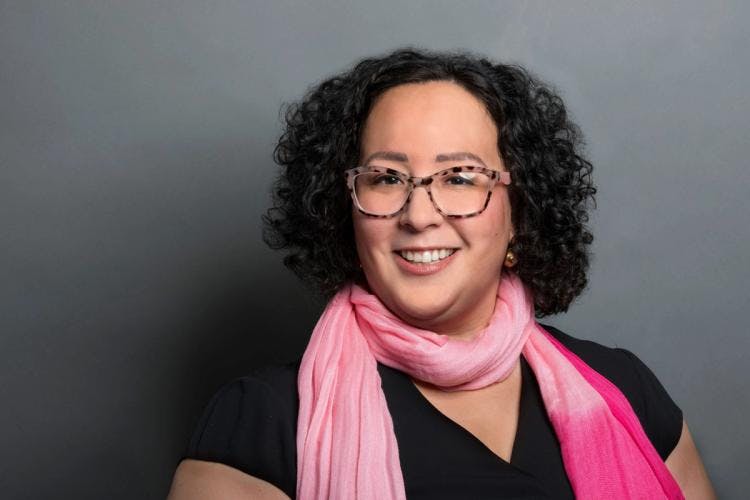
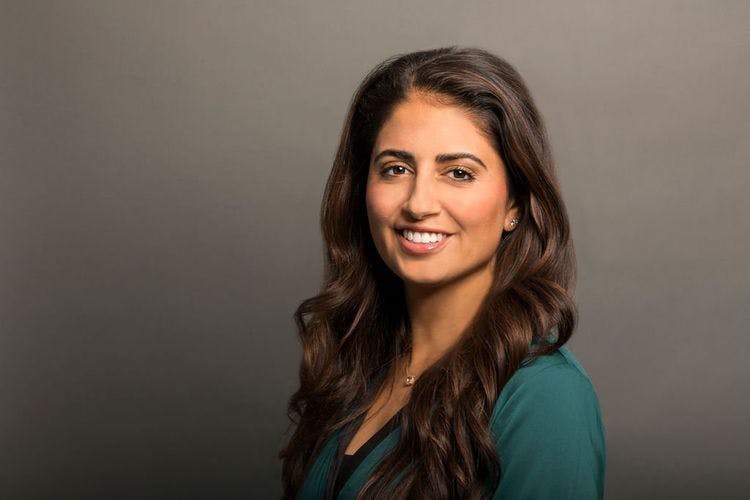
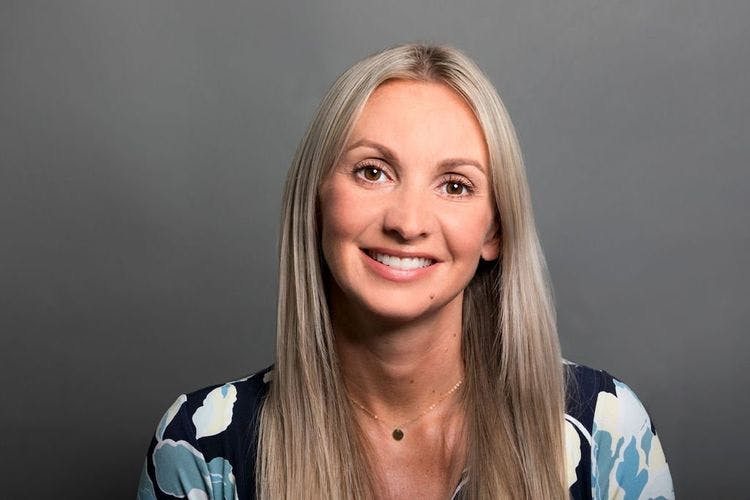
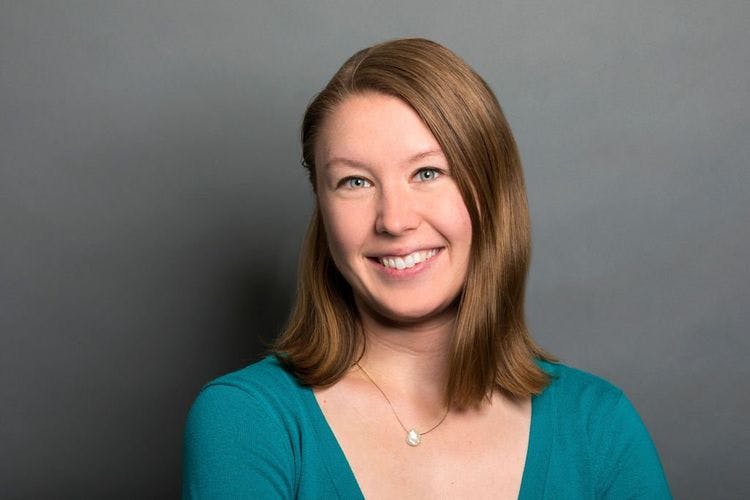
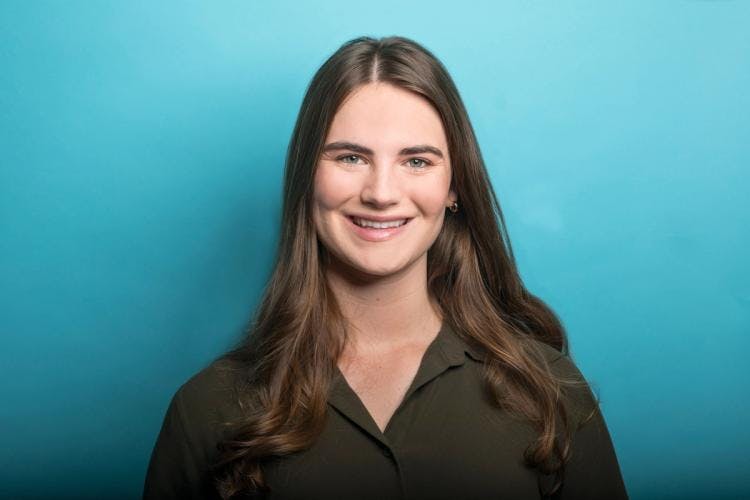
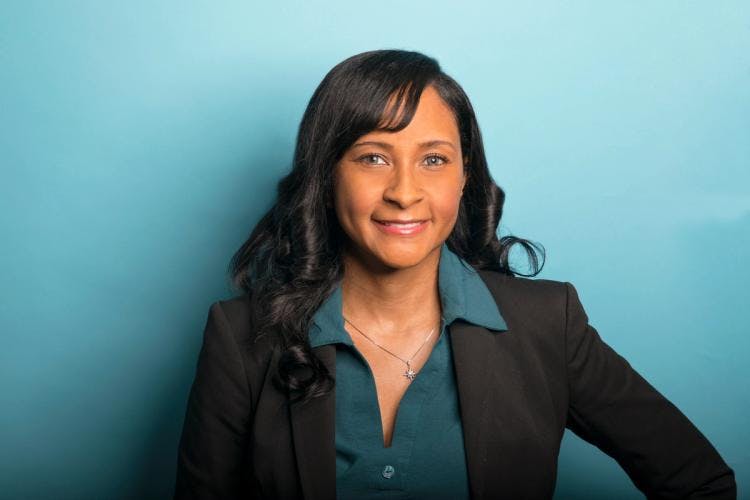
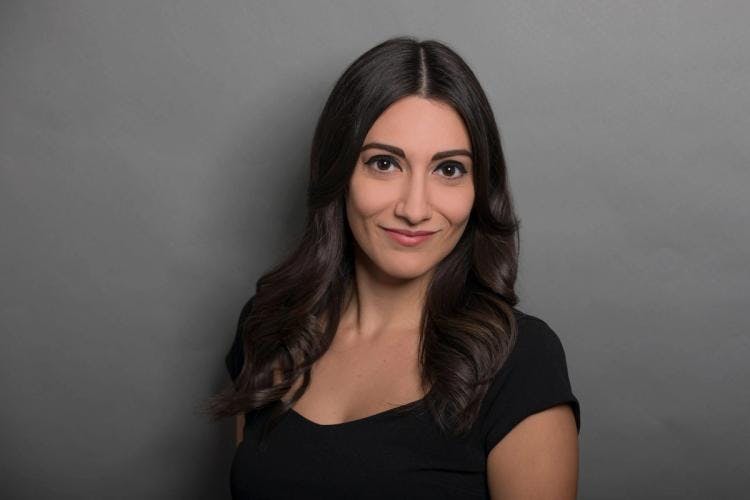
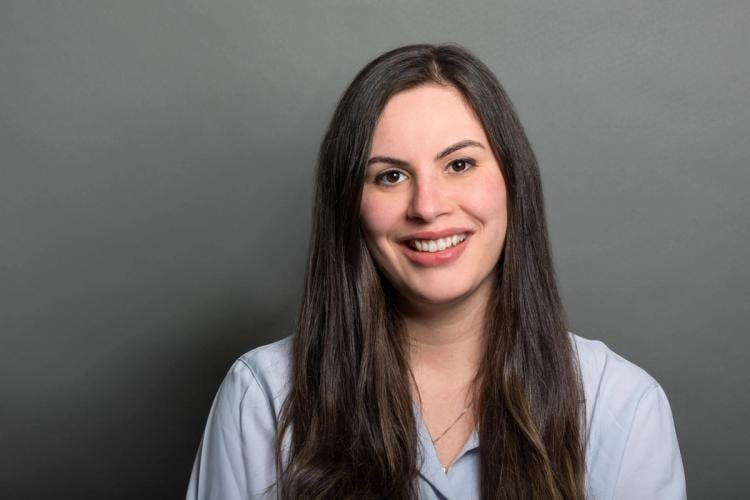
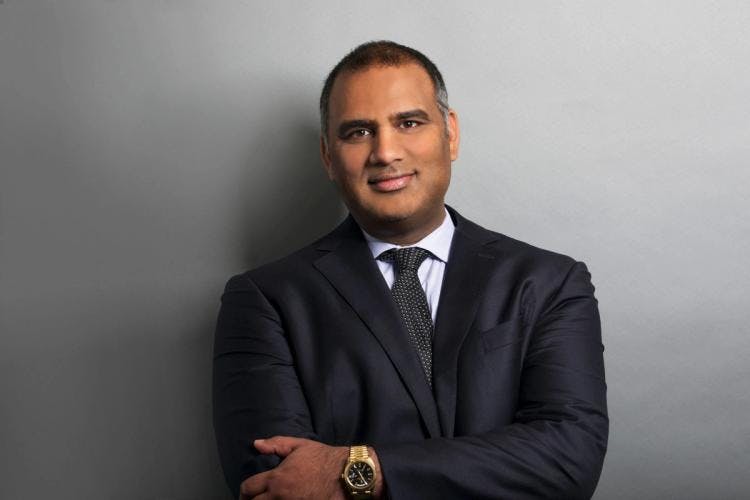
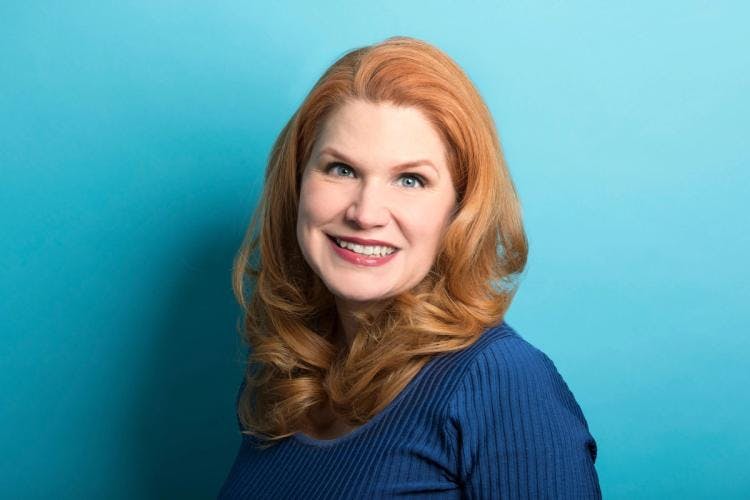


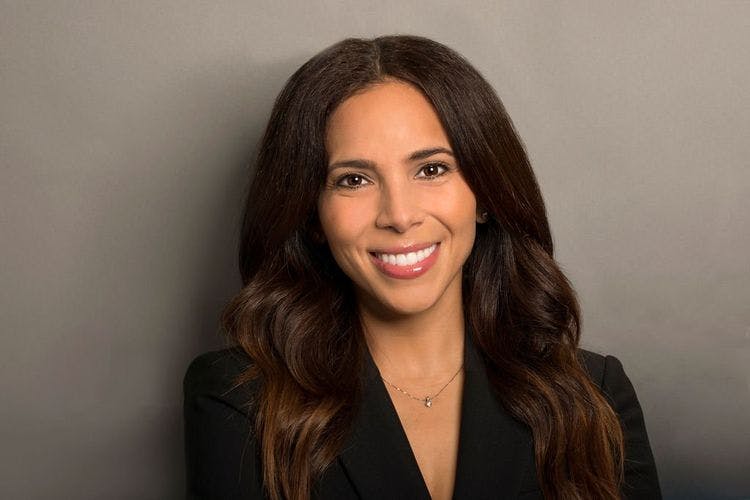
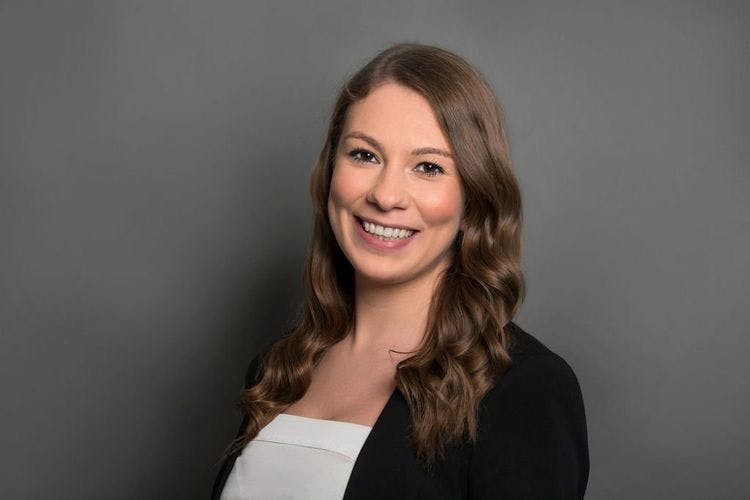
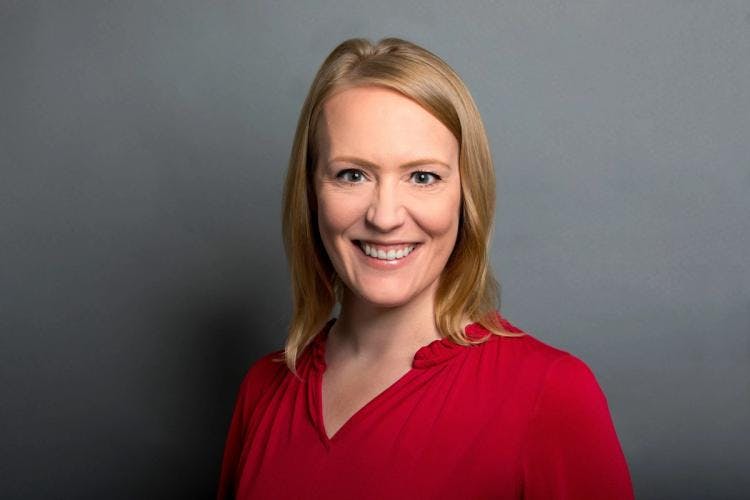


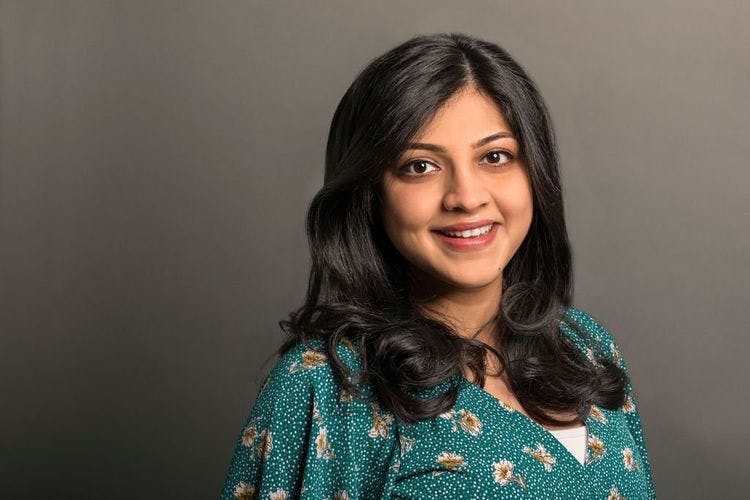
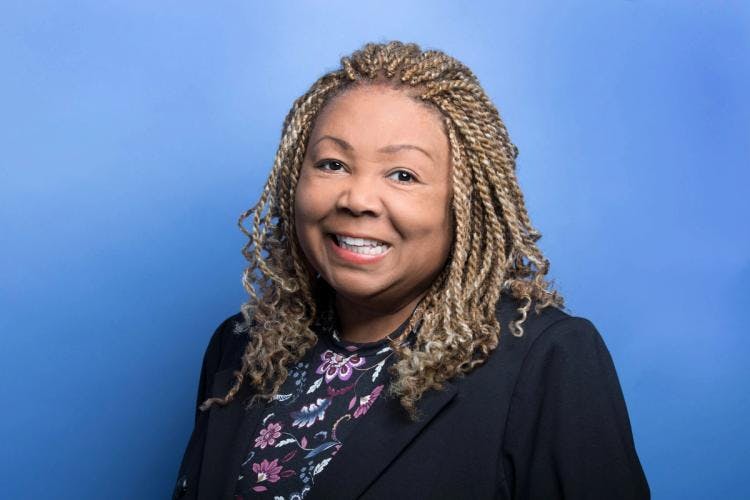
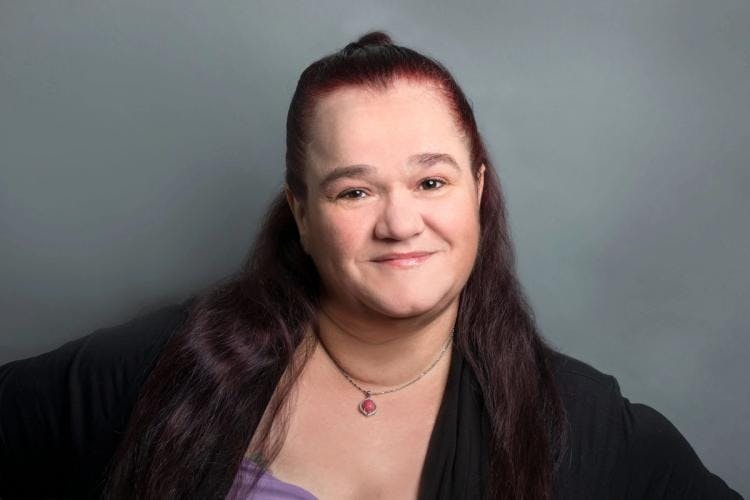
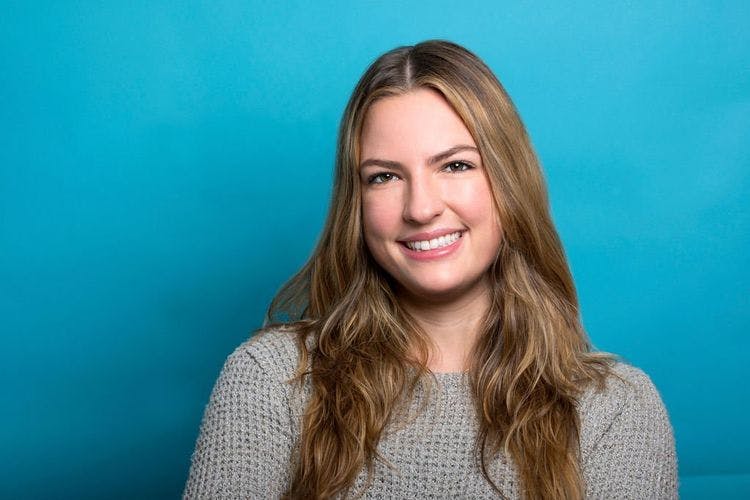
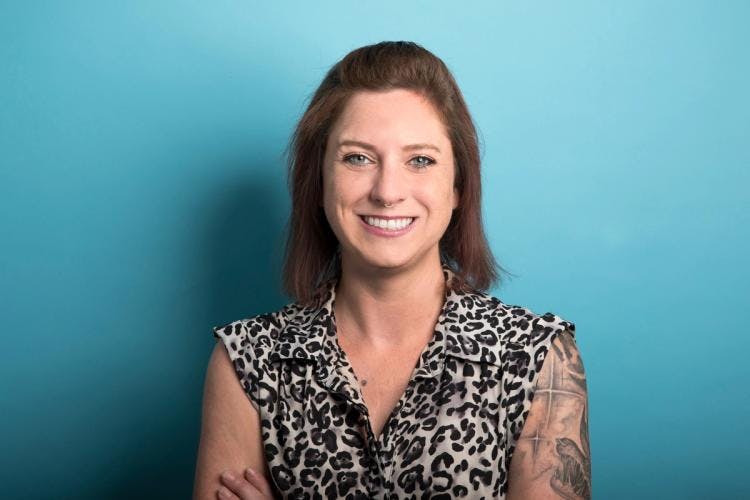


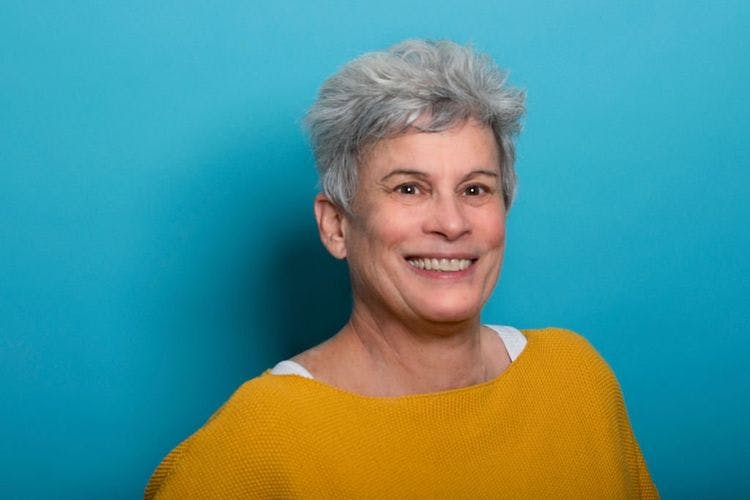
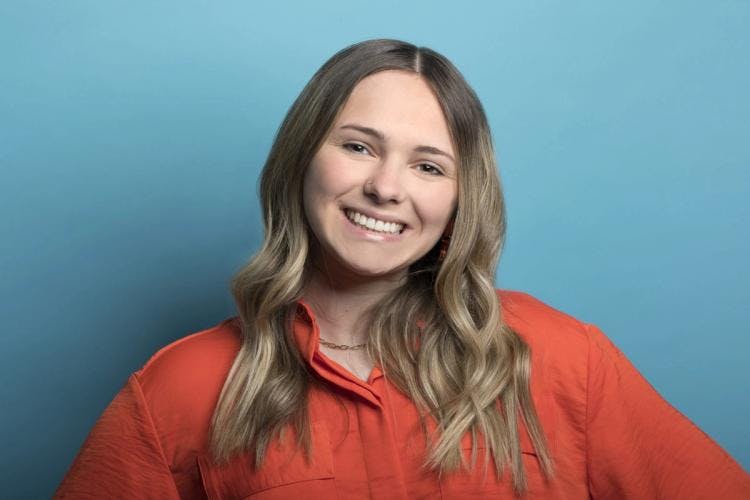

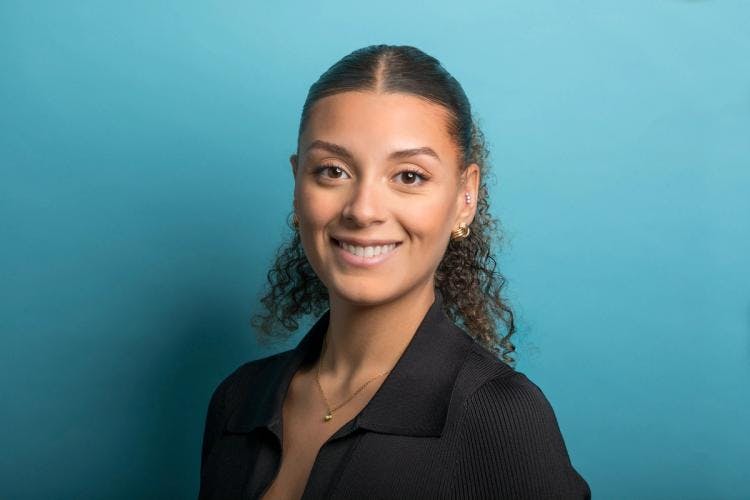
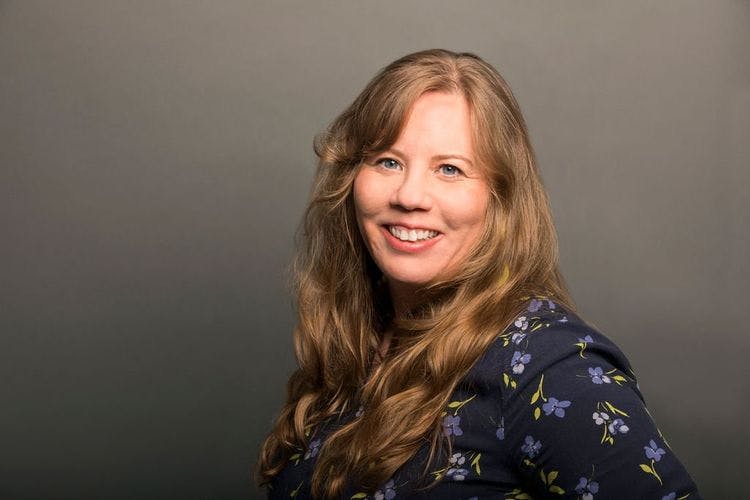
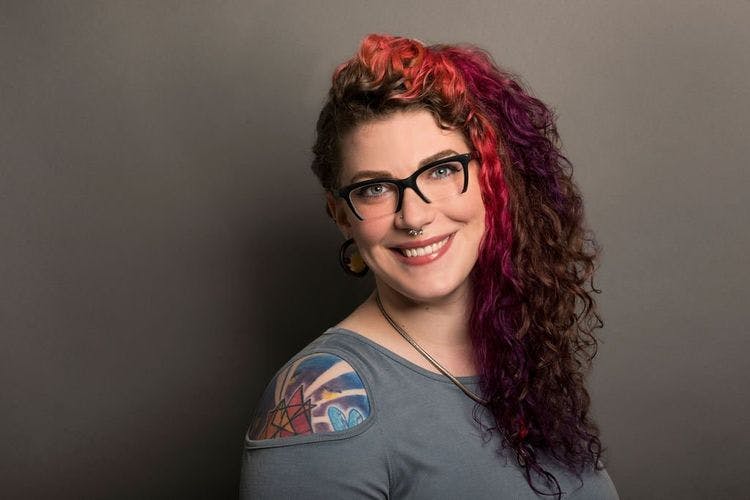
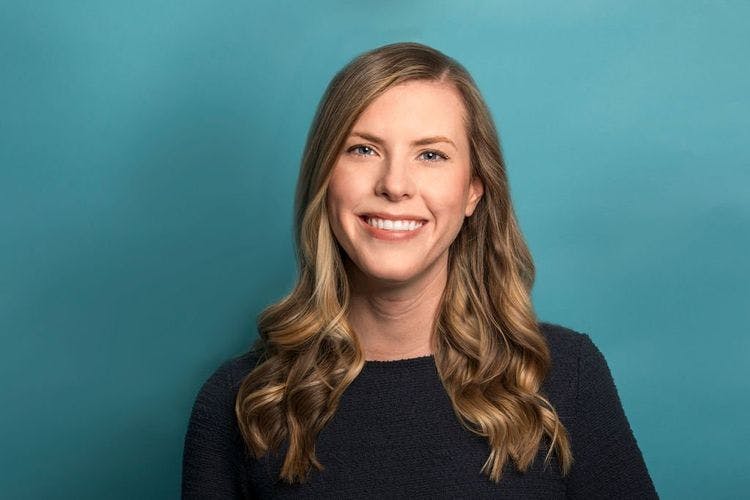
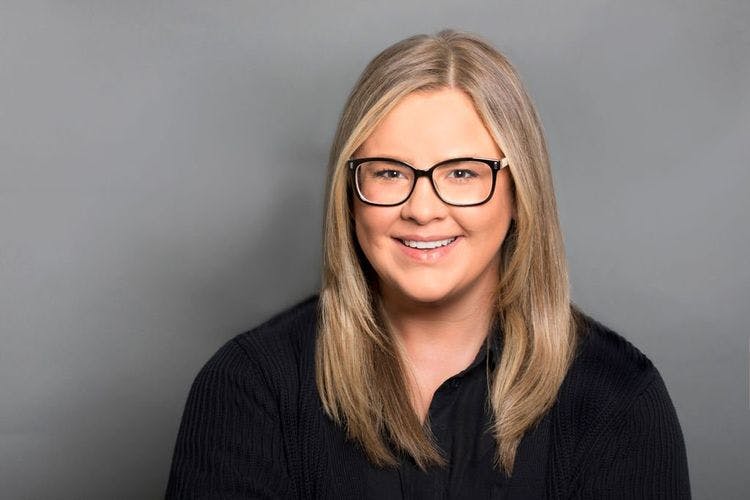
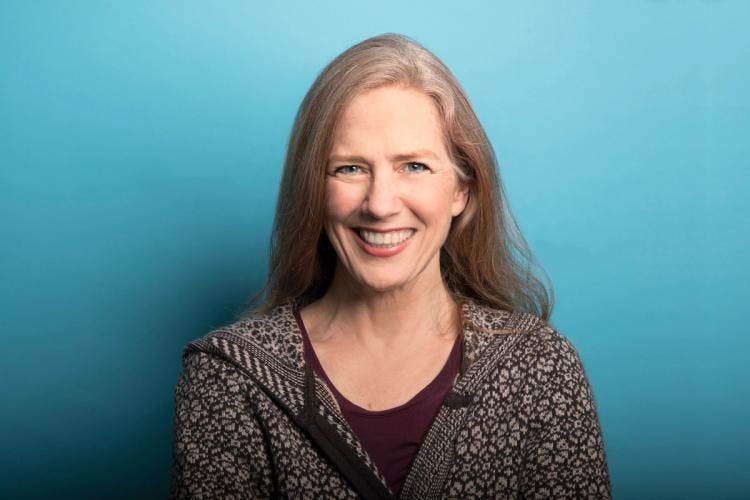

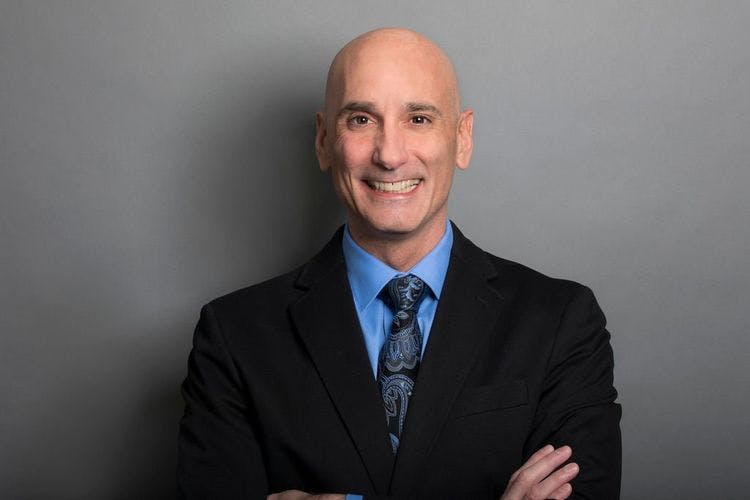
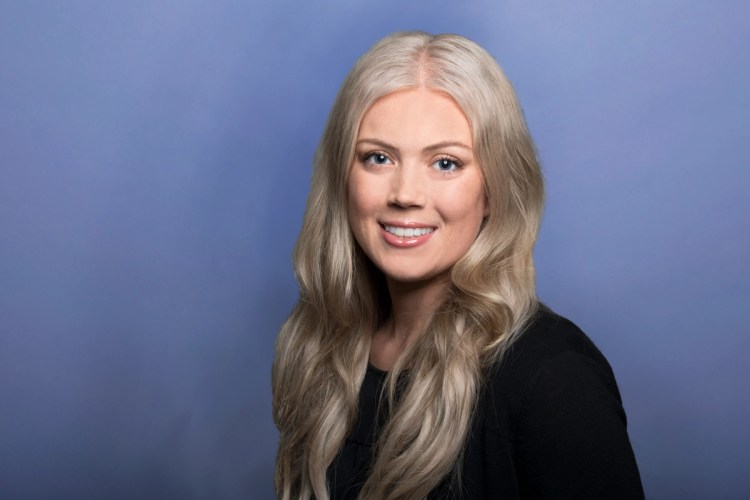
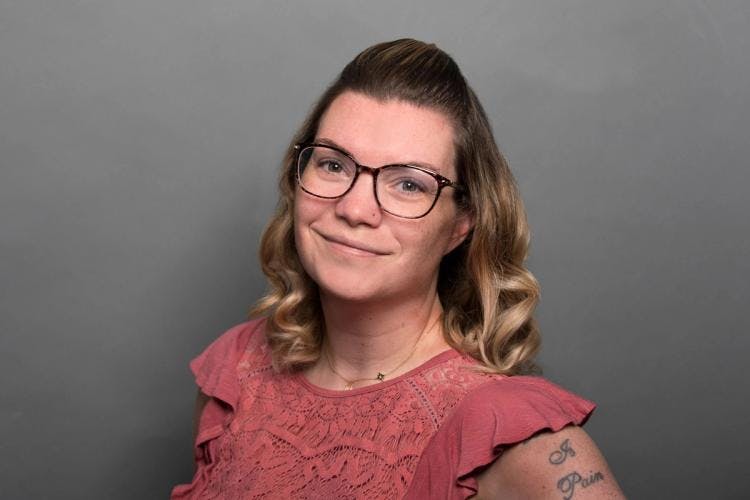
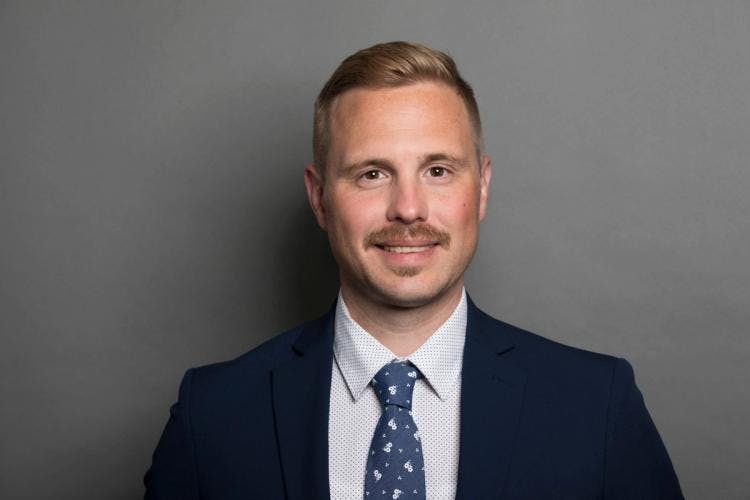
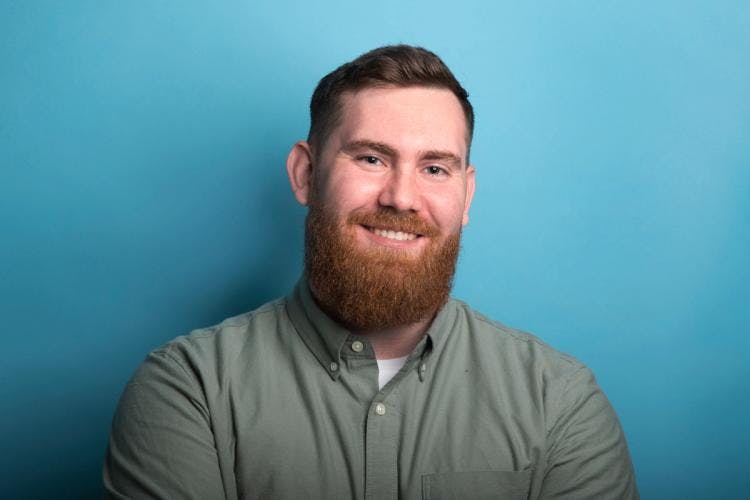

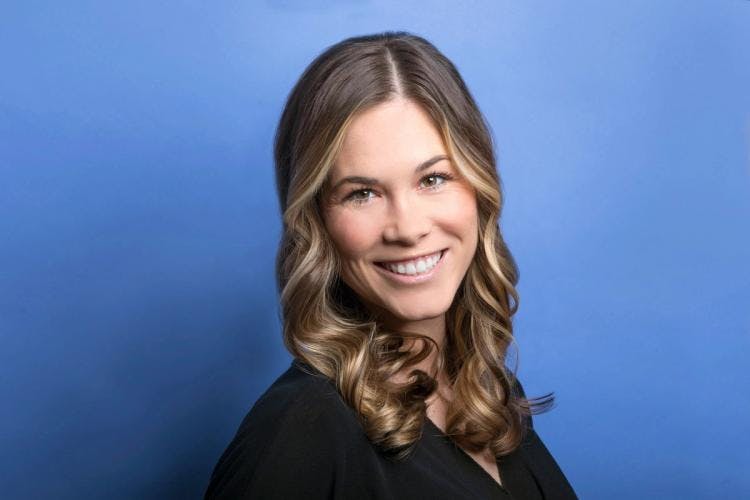
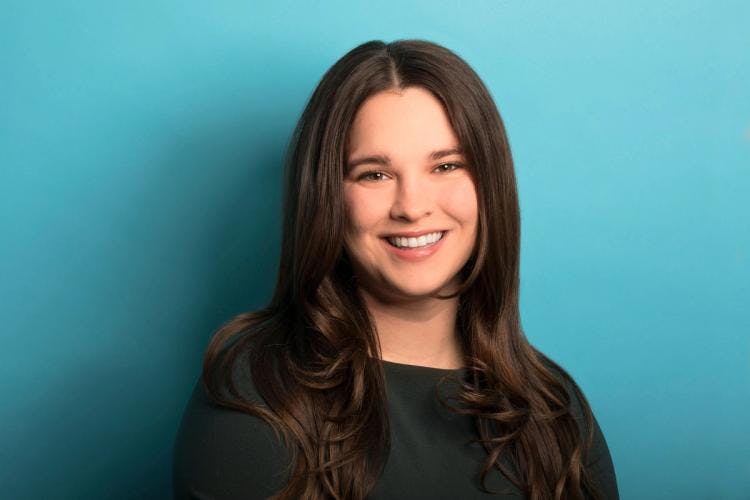

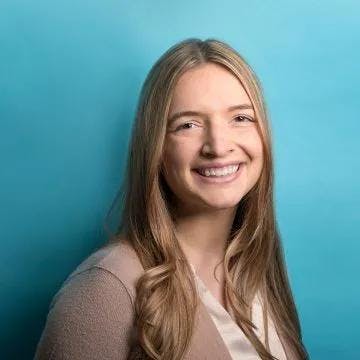

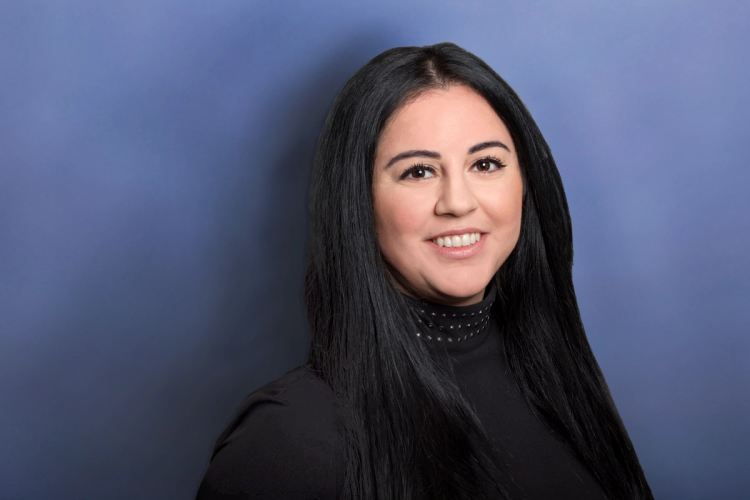
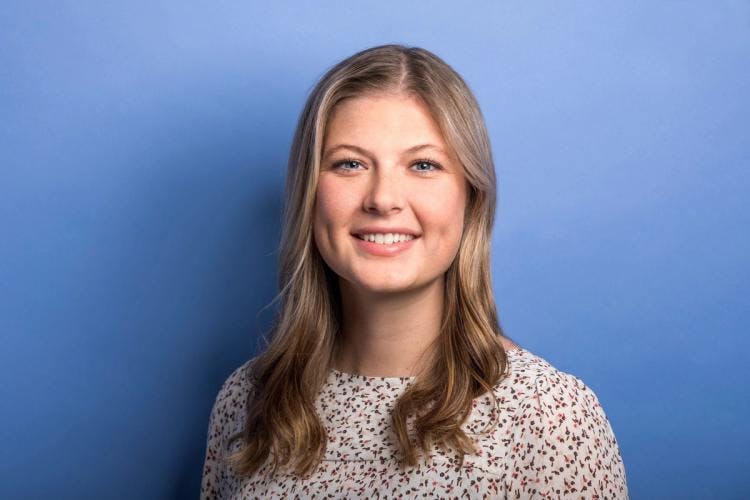
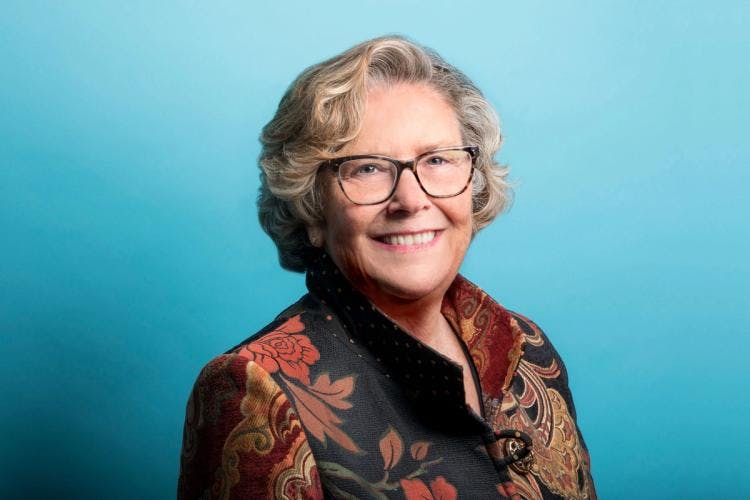
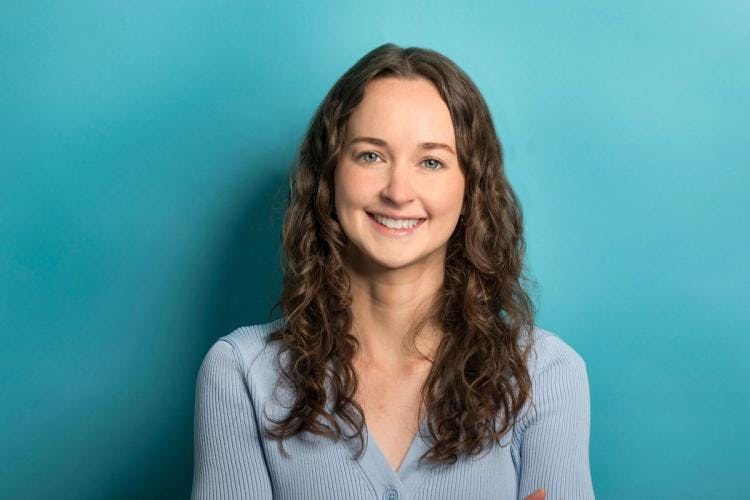
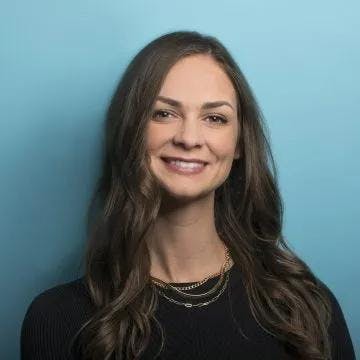

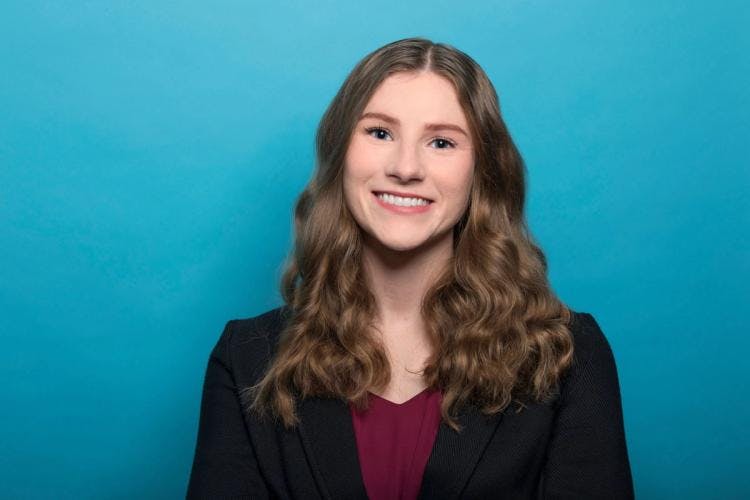
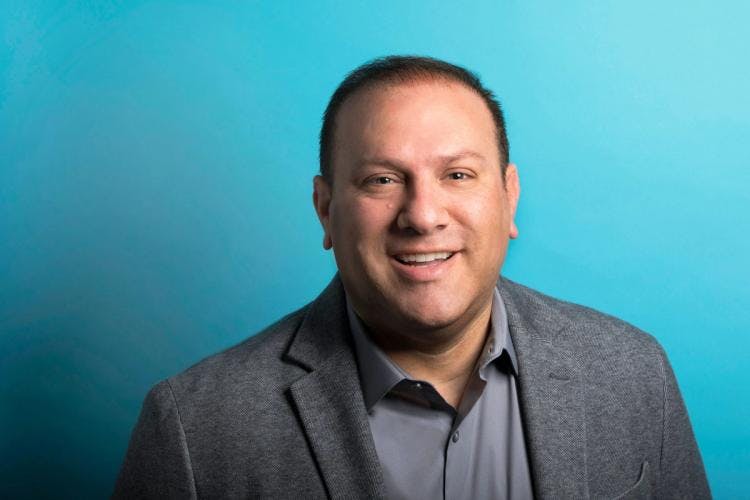



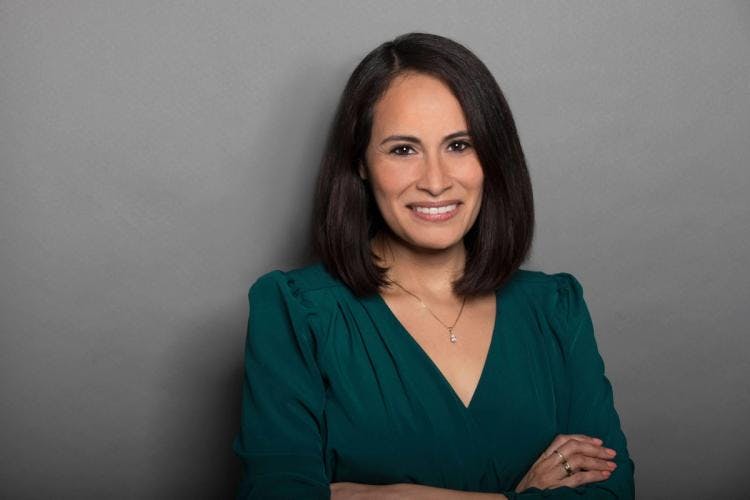

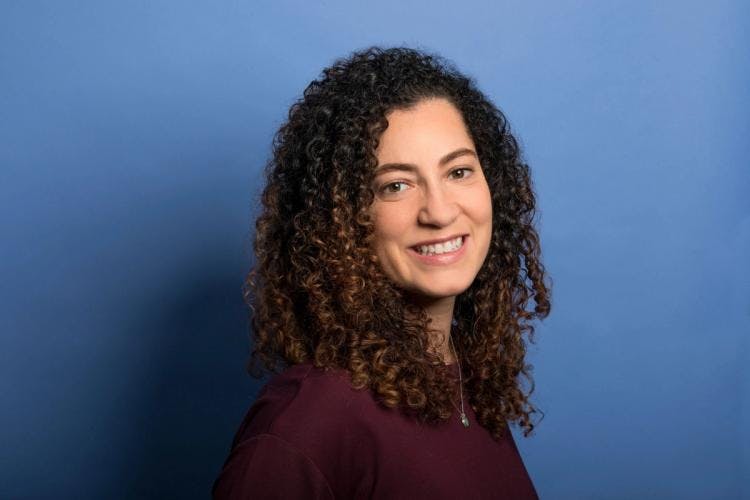
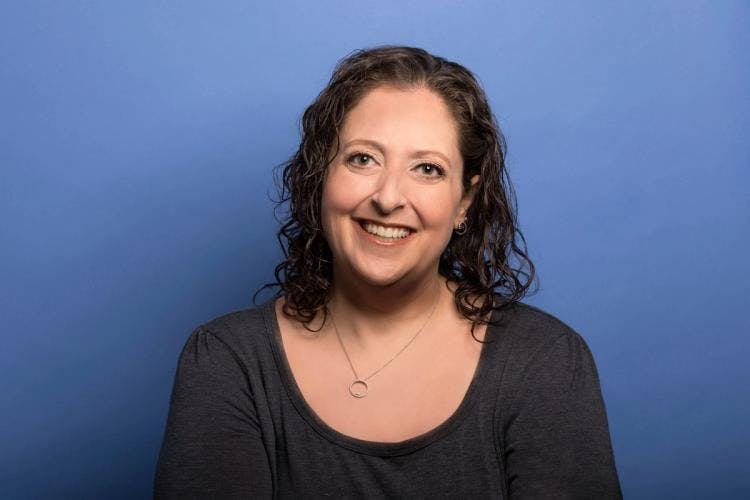
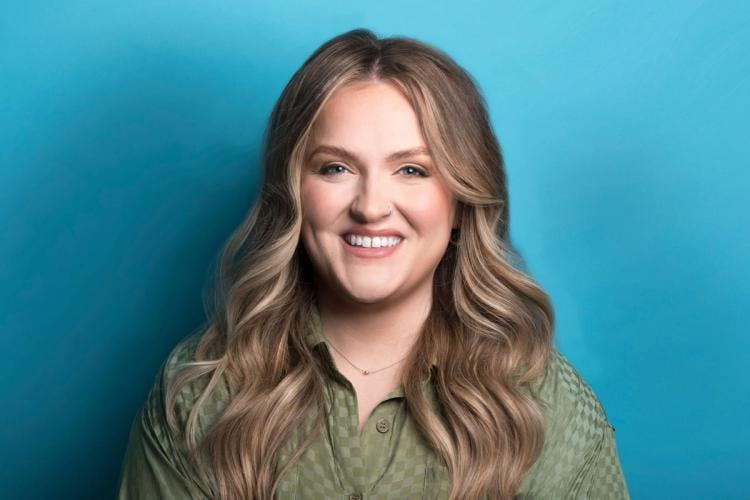
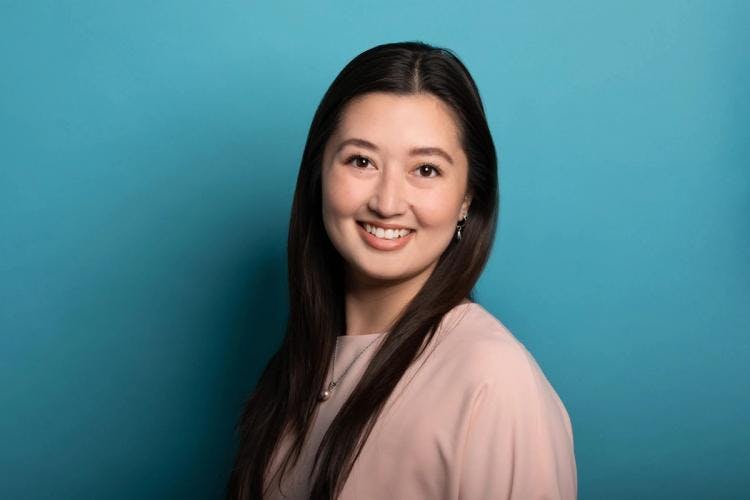

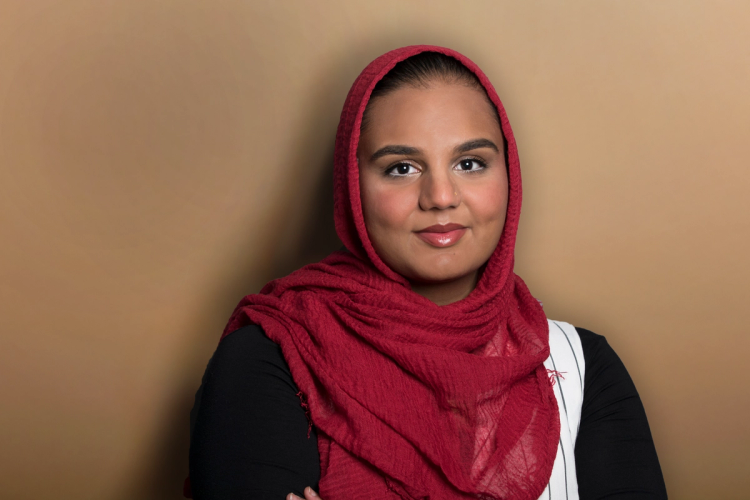

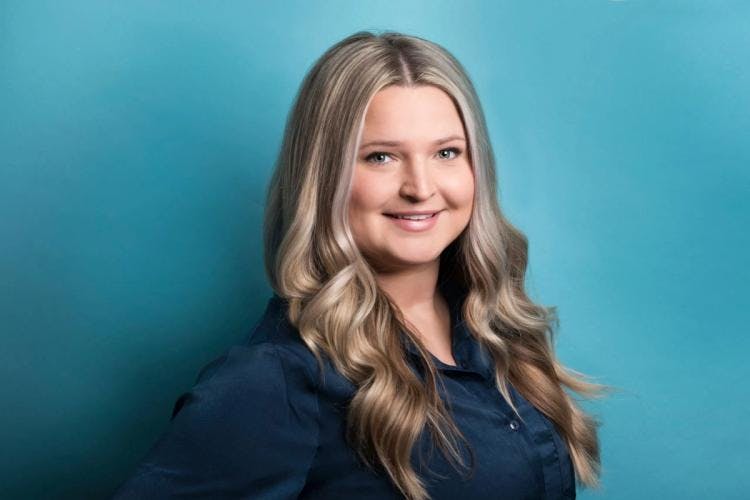
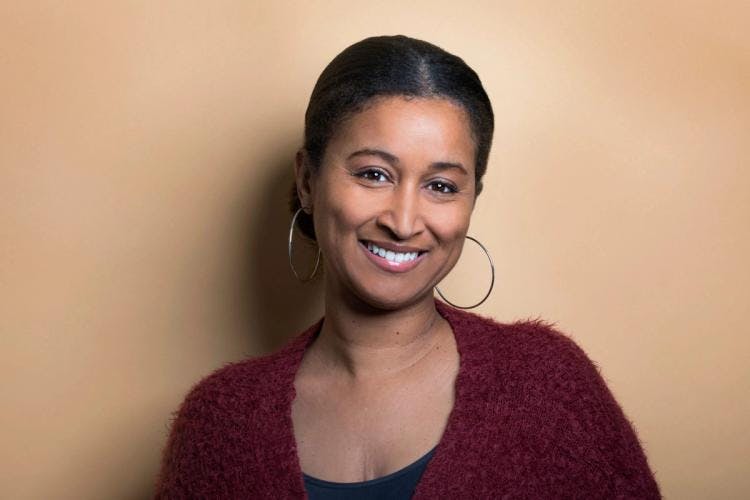
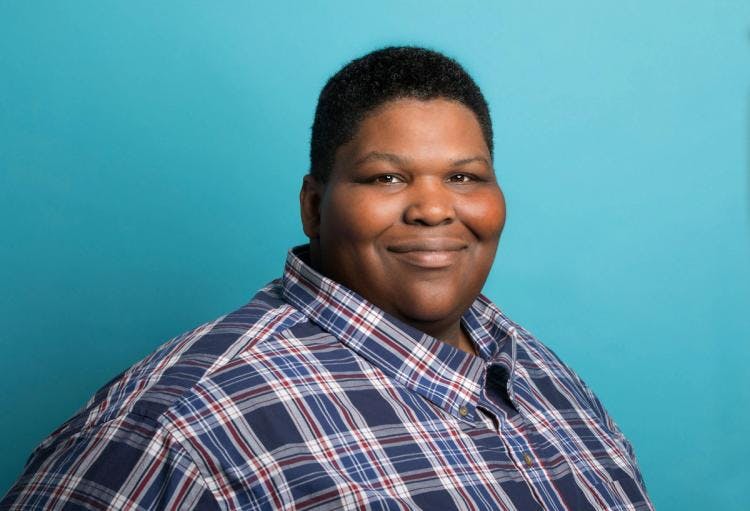
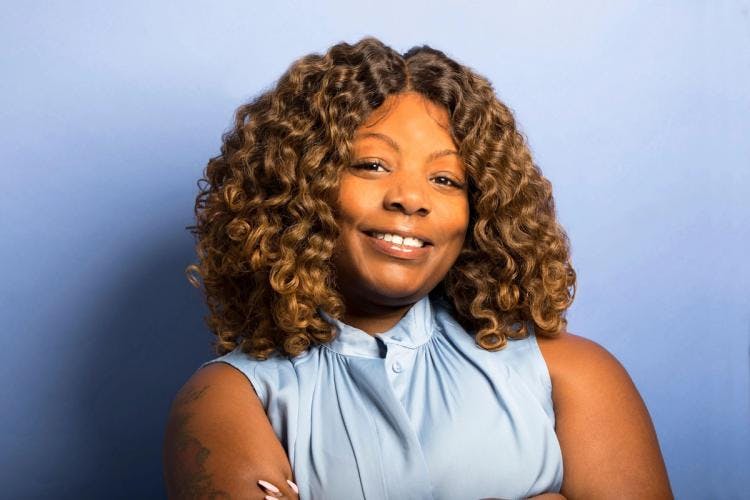
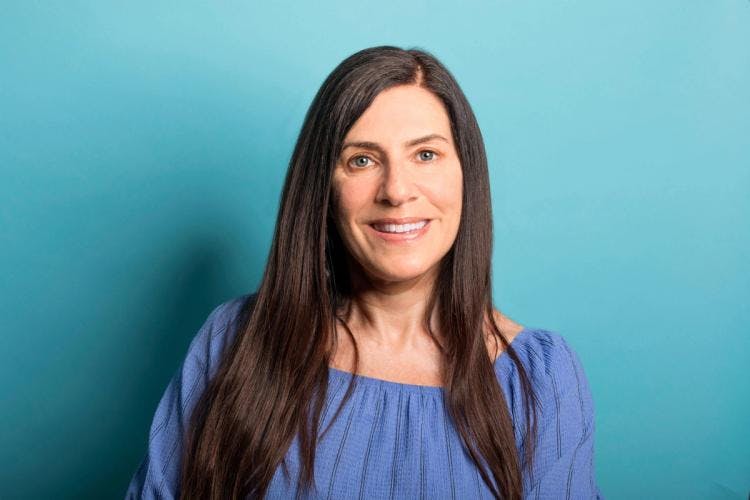

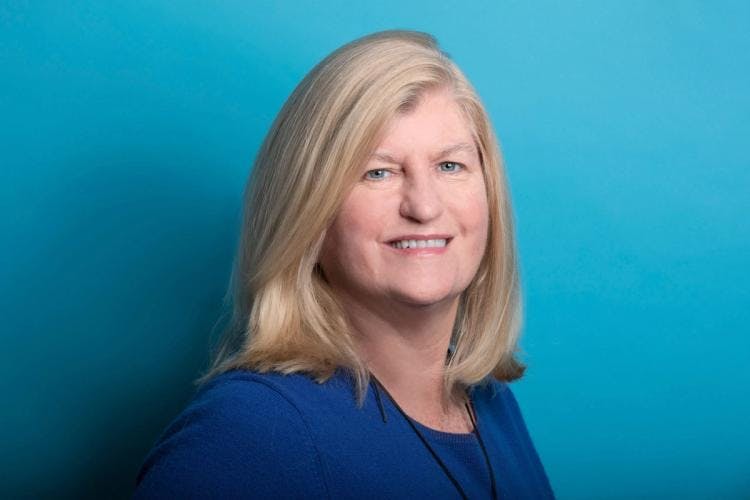
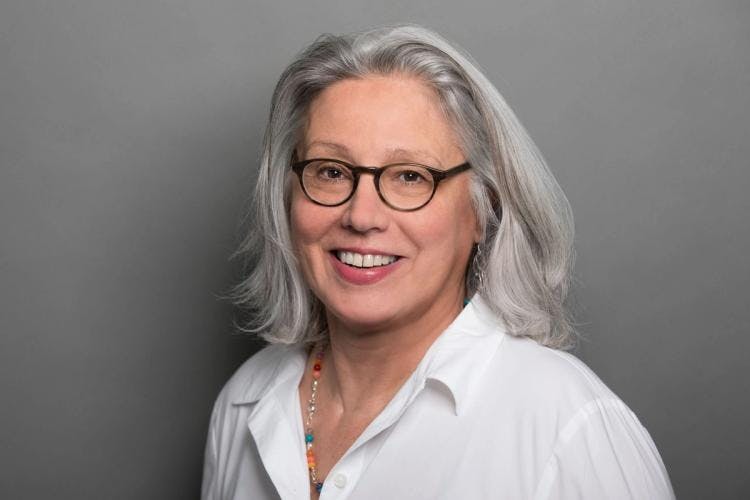
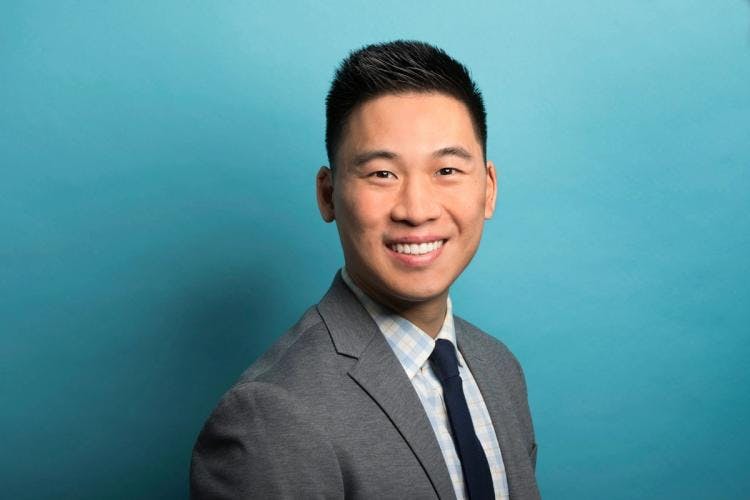
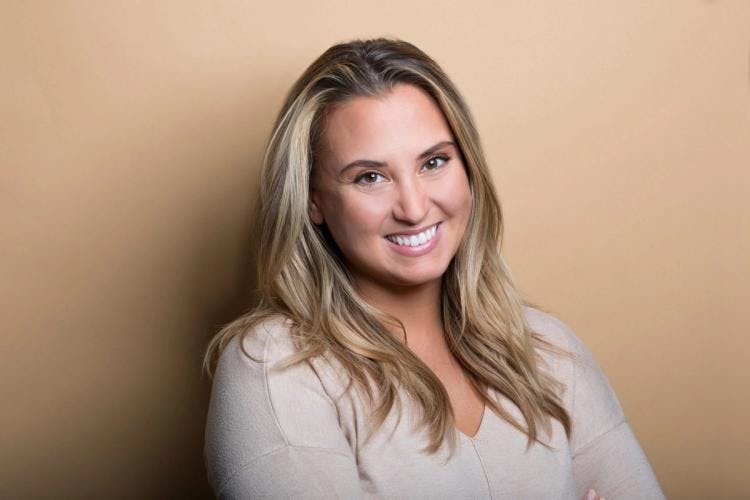
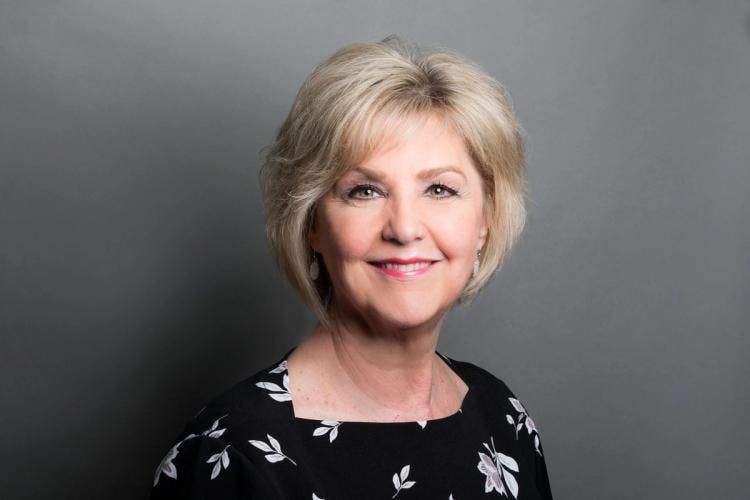
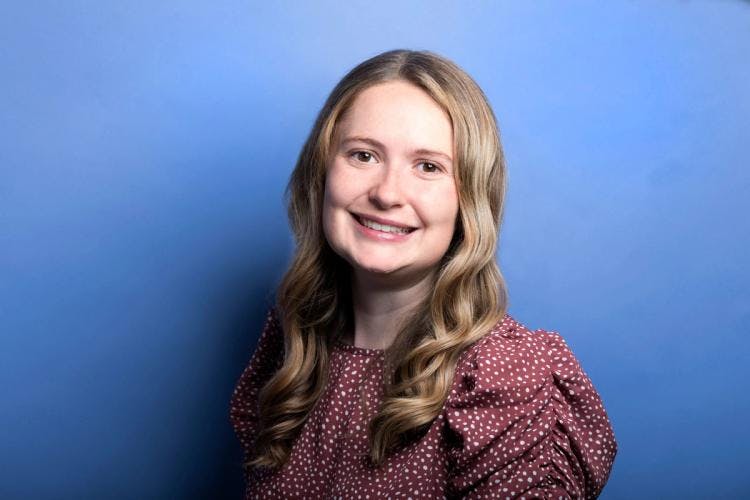

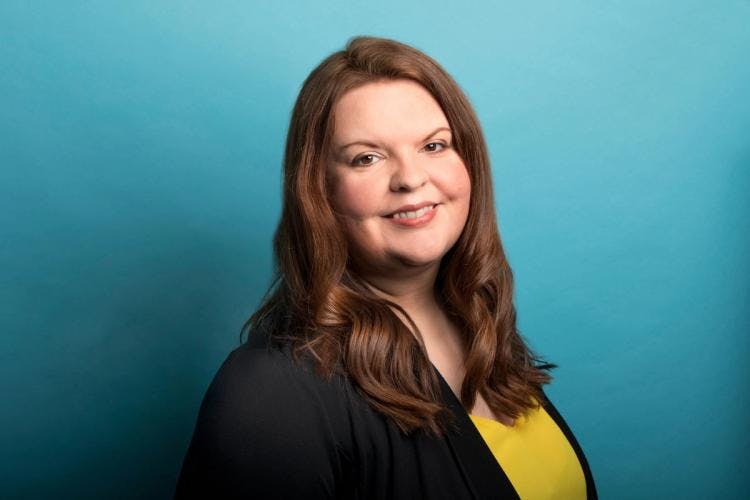
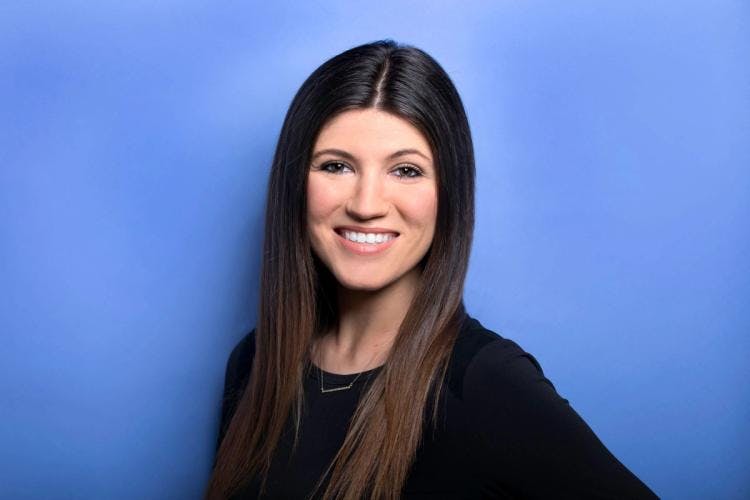
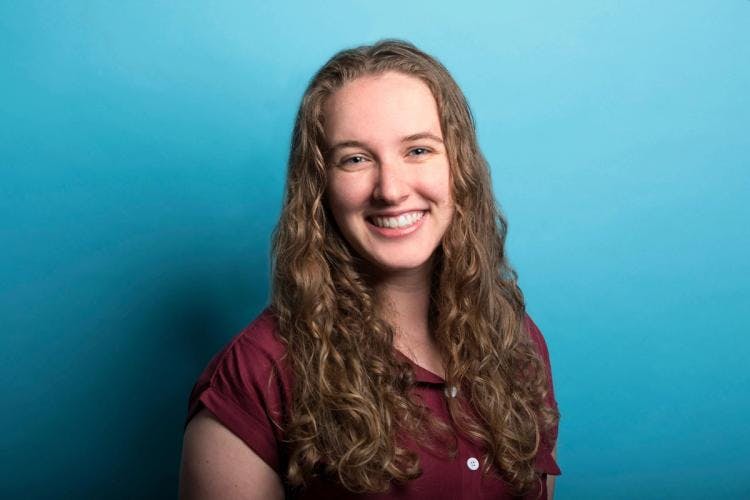
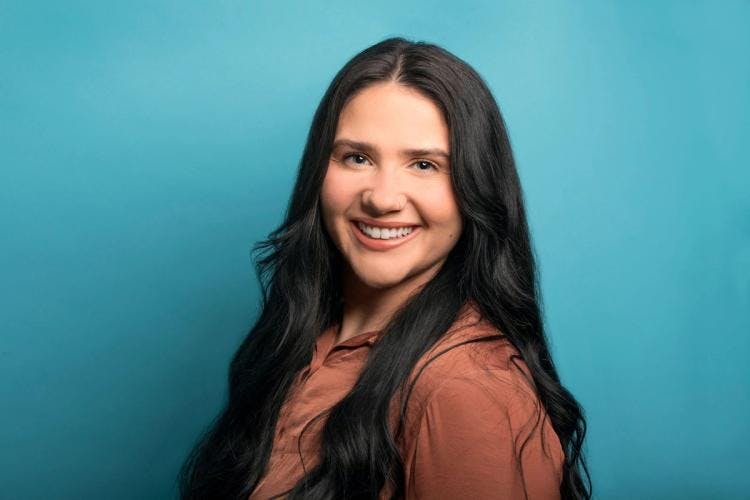

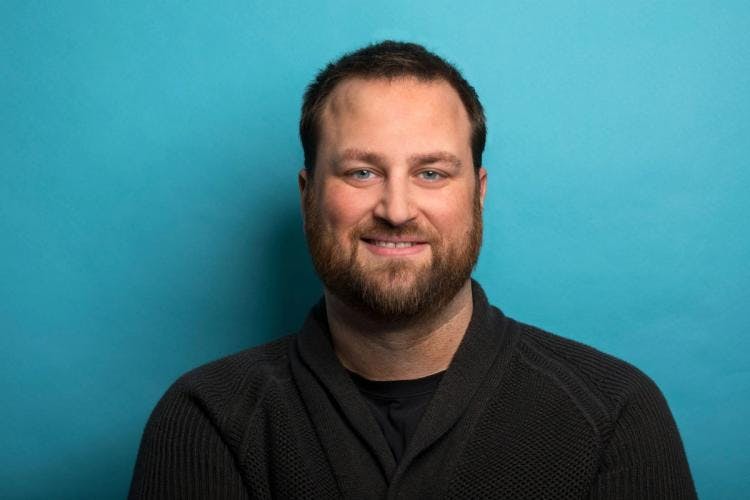
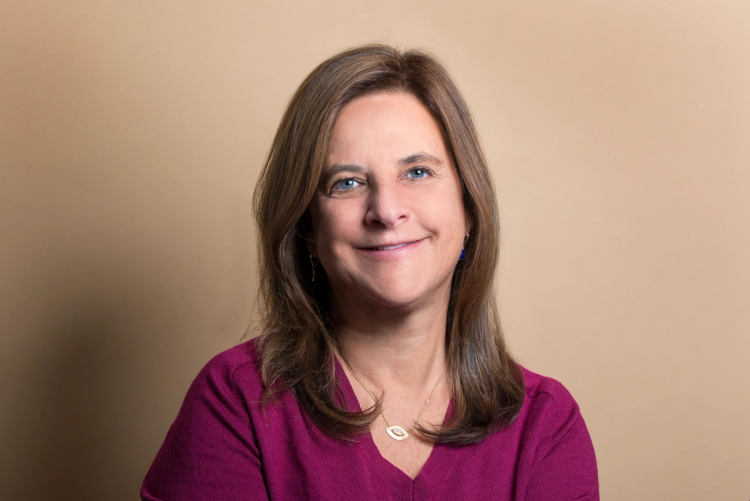
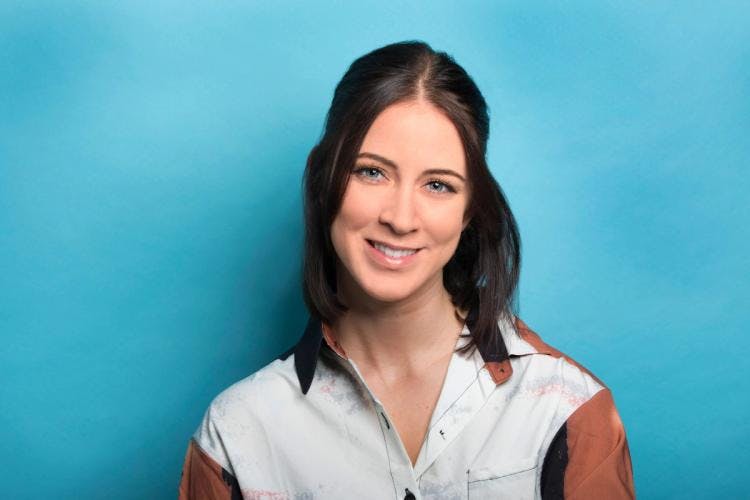
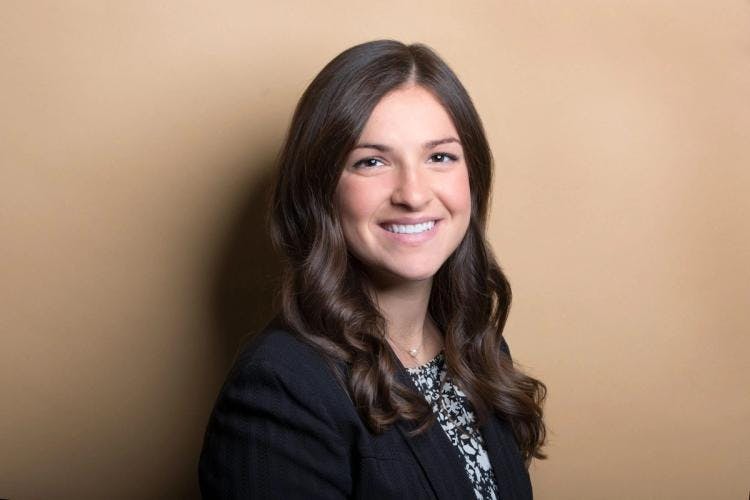

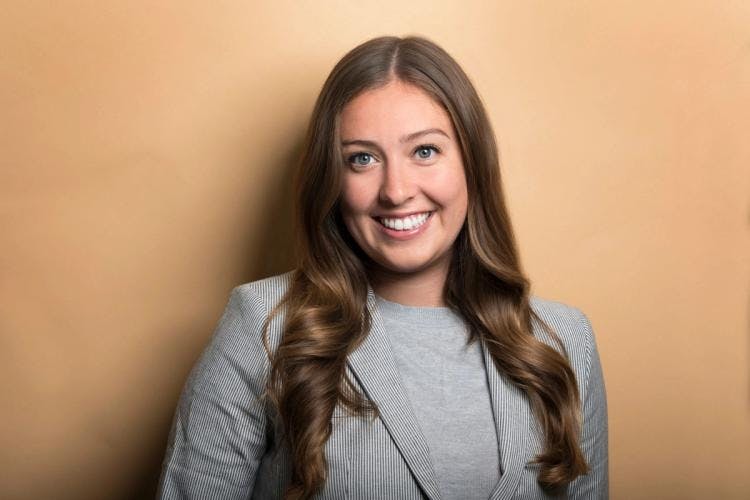
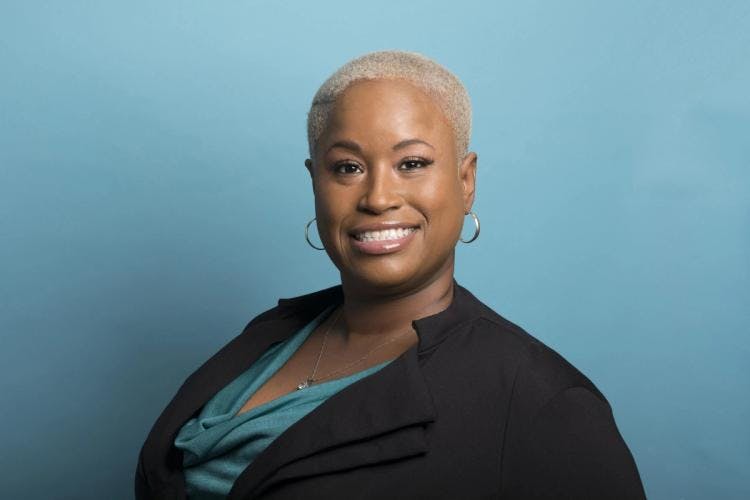
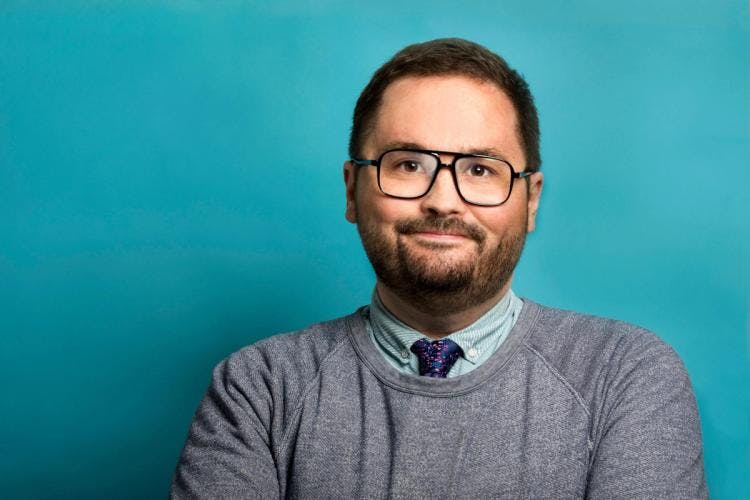
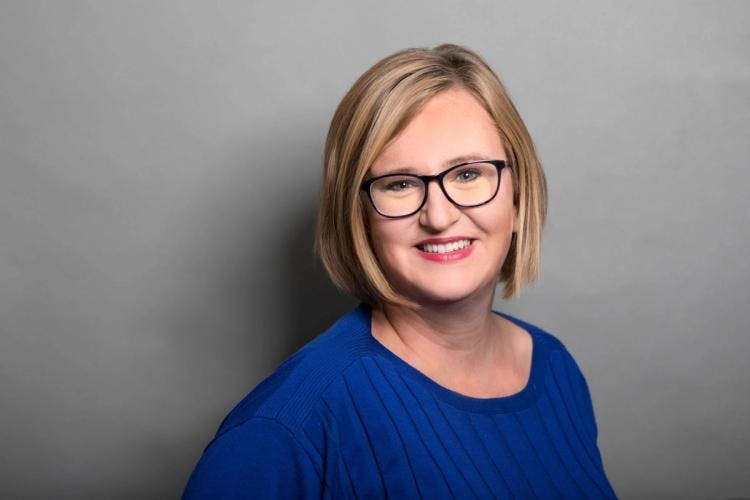
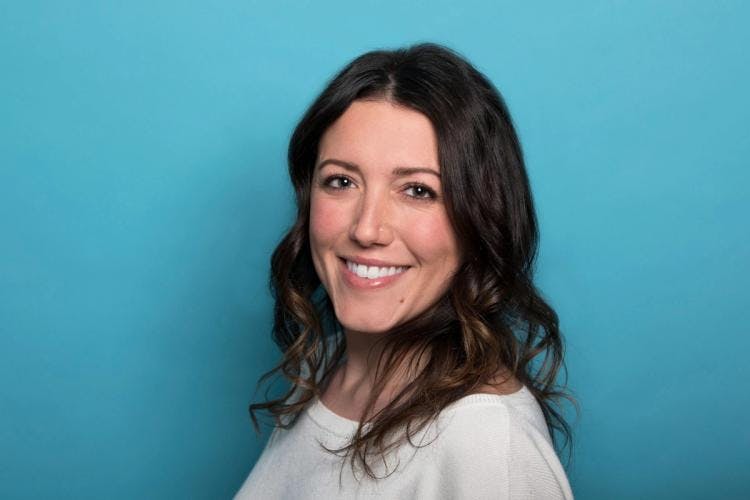
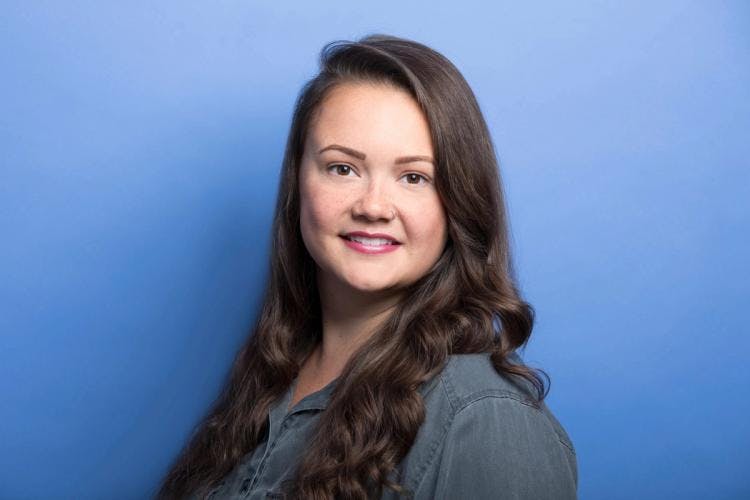
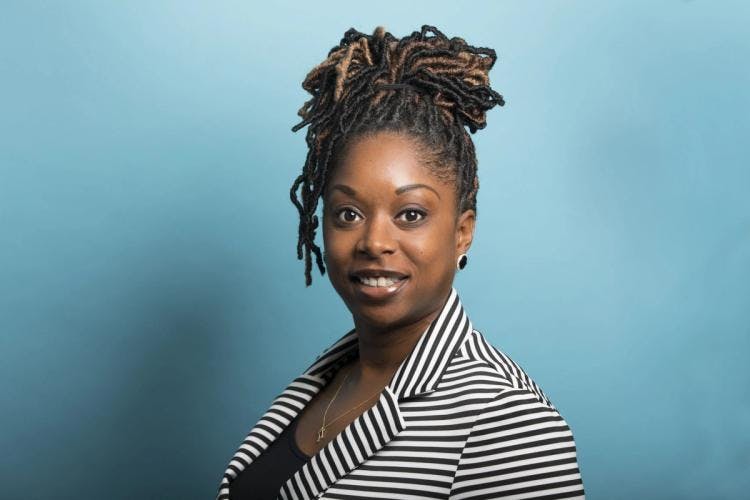
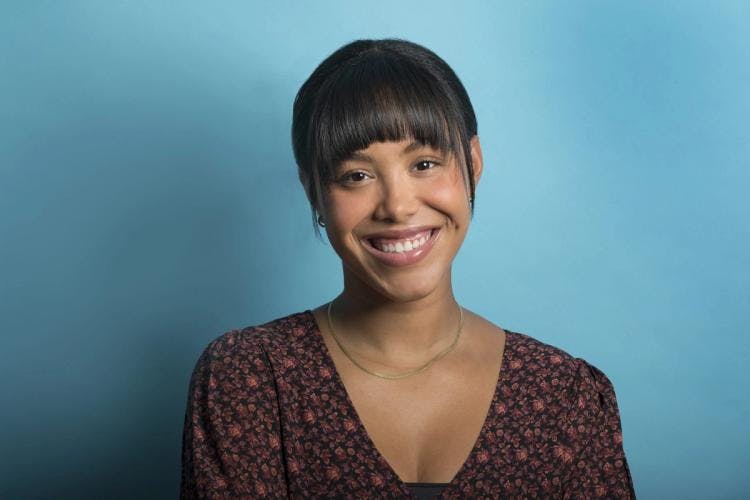
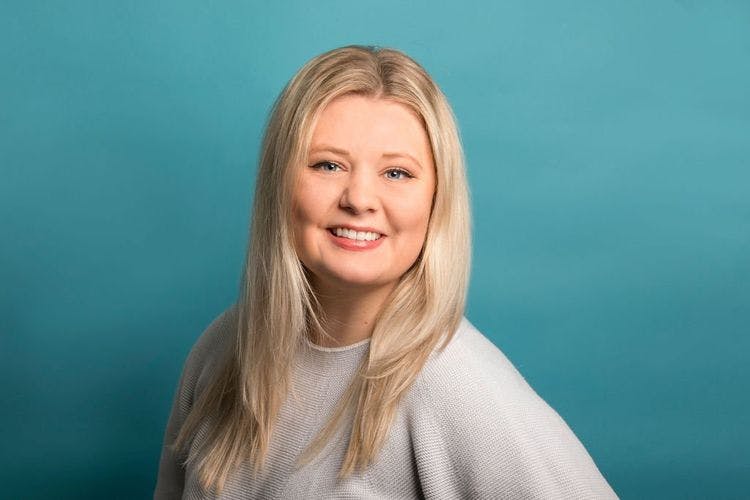
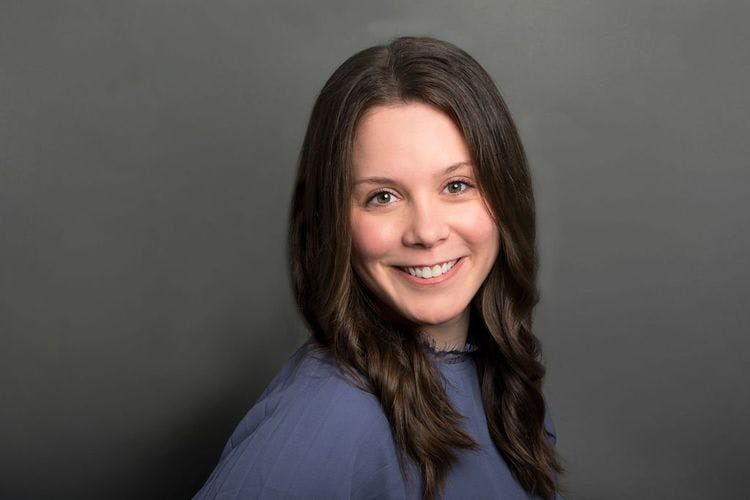
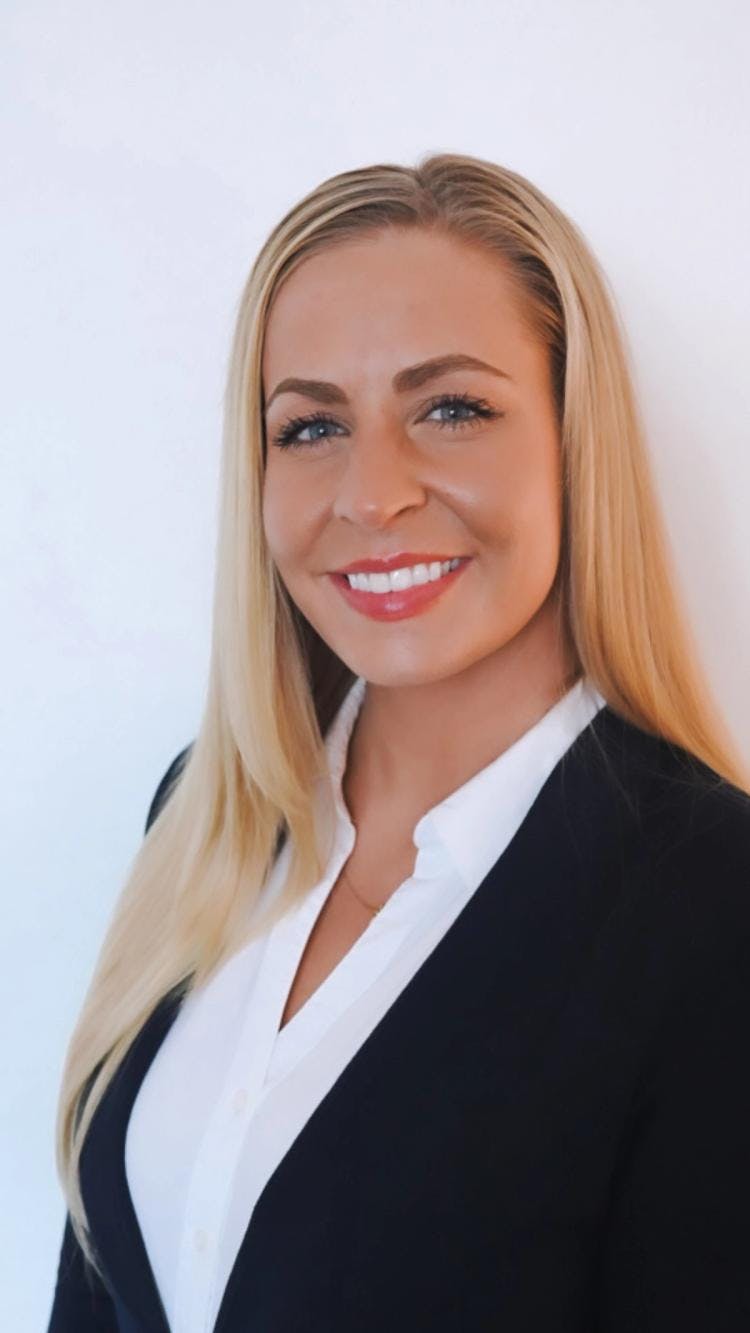
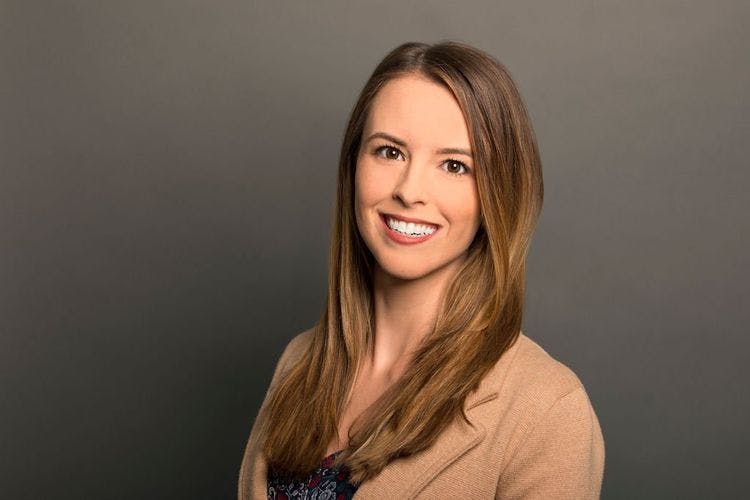
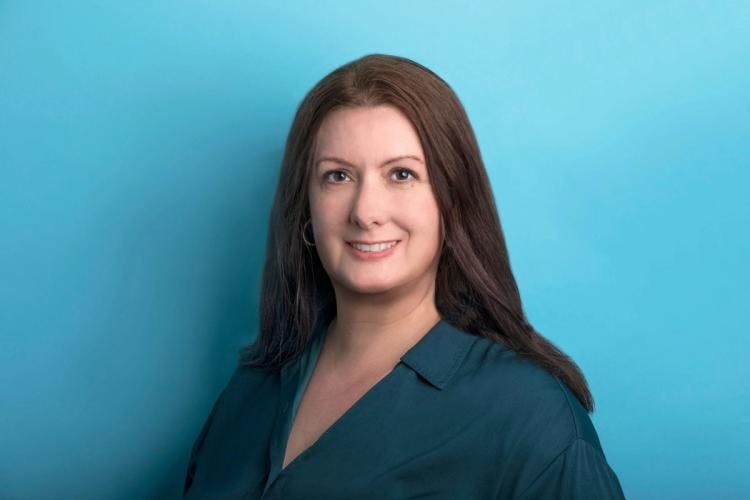

Our Services
Virtual/Online CarePHP and IOPAdult PsychiatryChild & Adolescent PsychiatryAdult TherapyChild & Adolescent TherapyCouples CounselingFamily TherapyGroup TherapyPsychological TestingTranscranial Magnetic Stimulation (TMS)